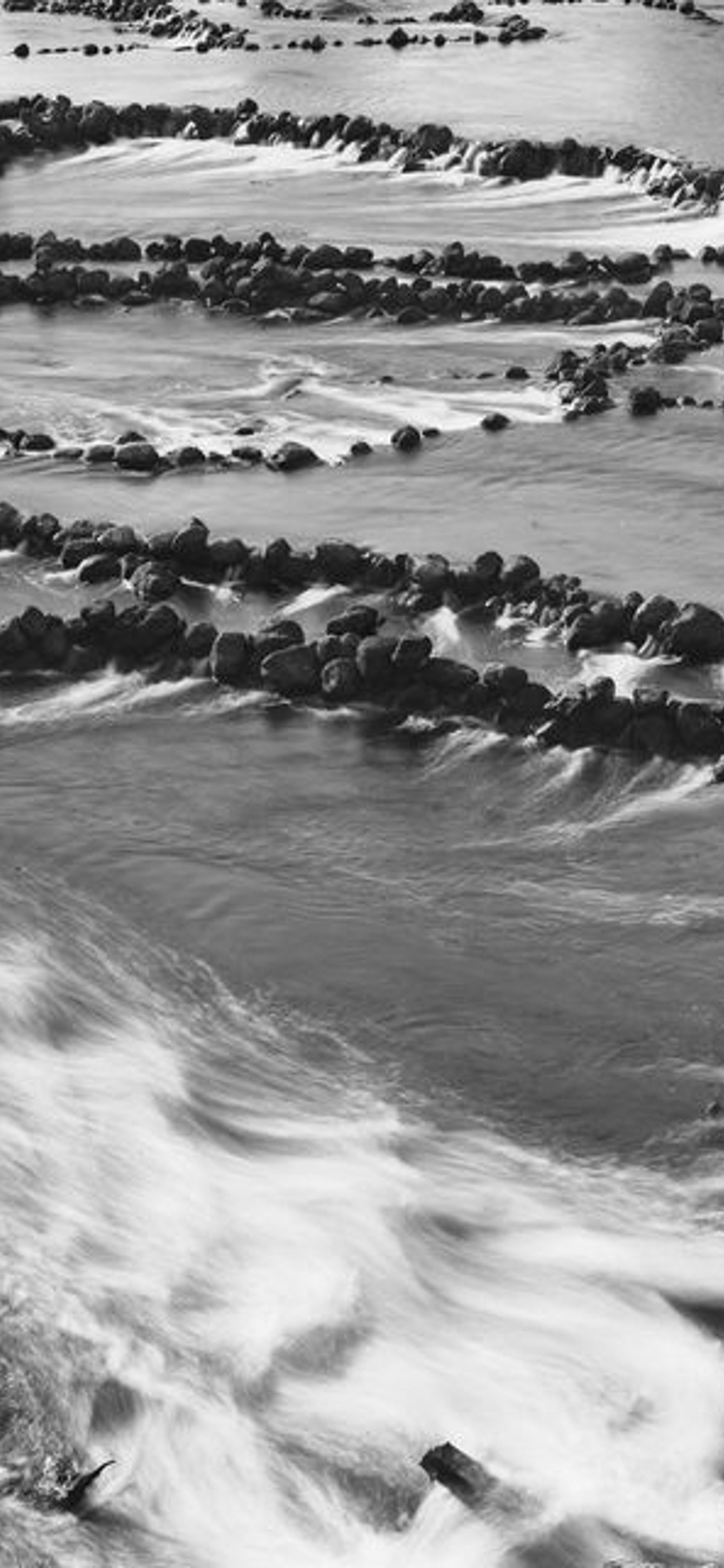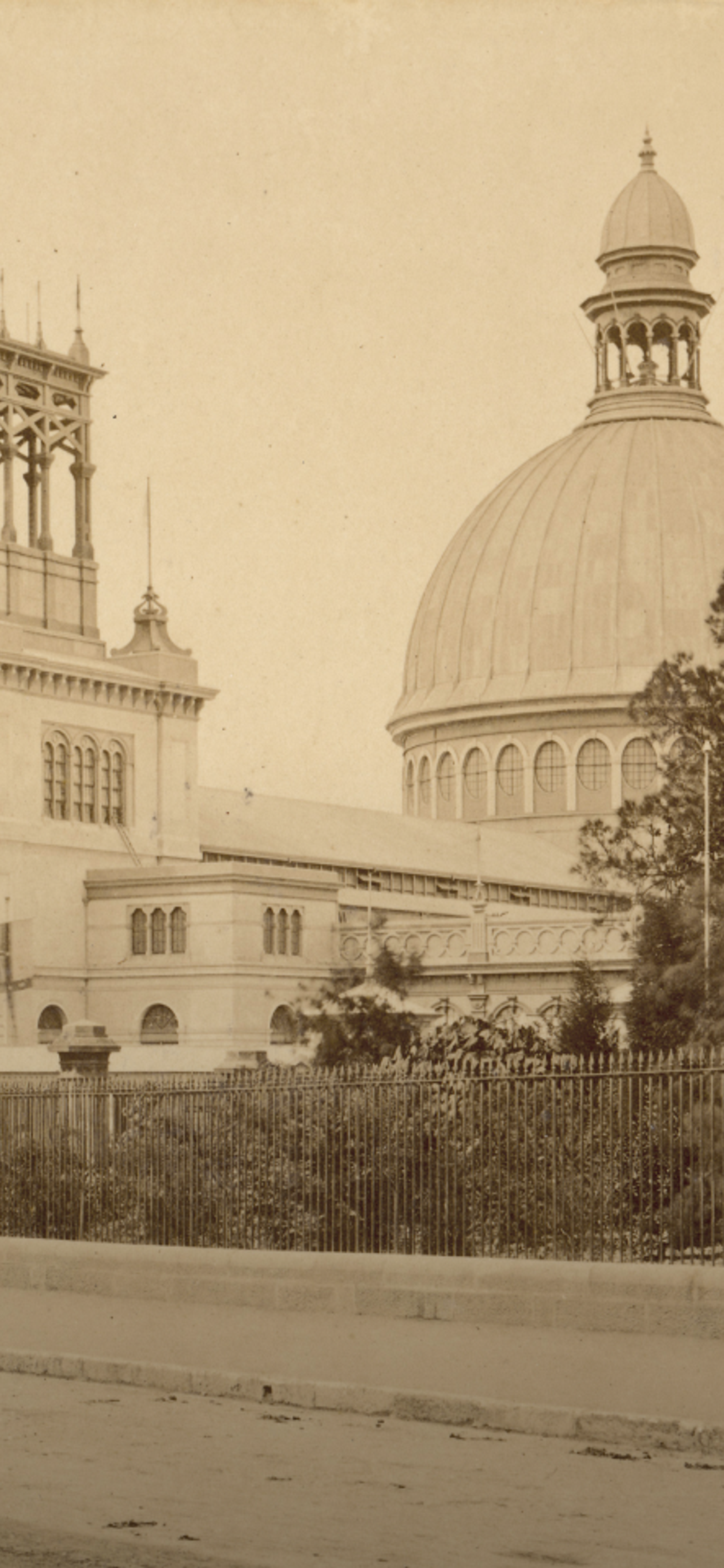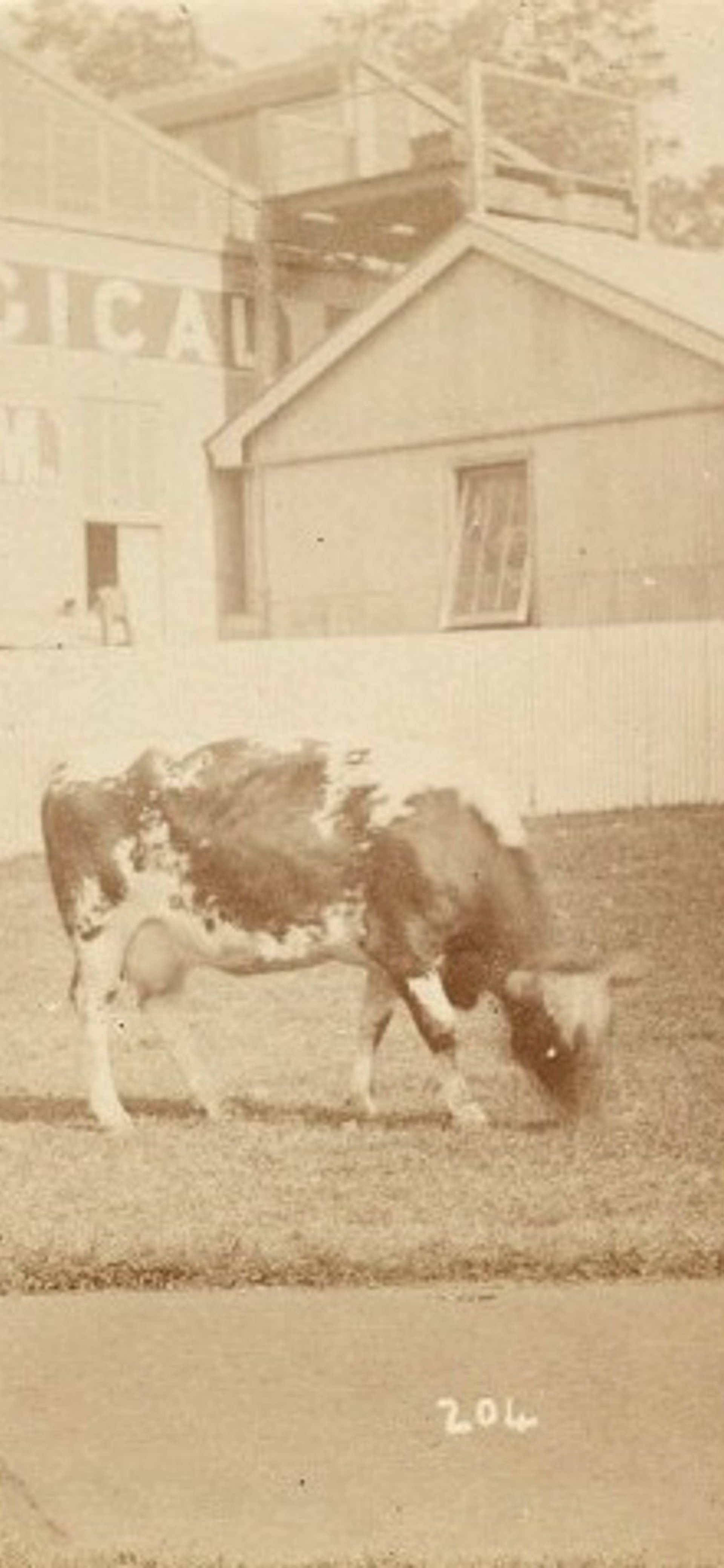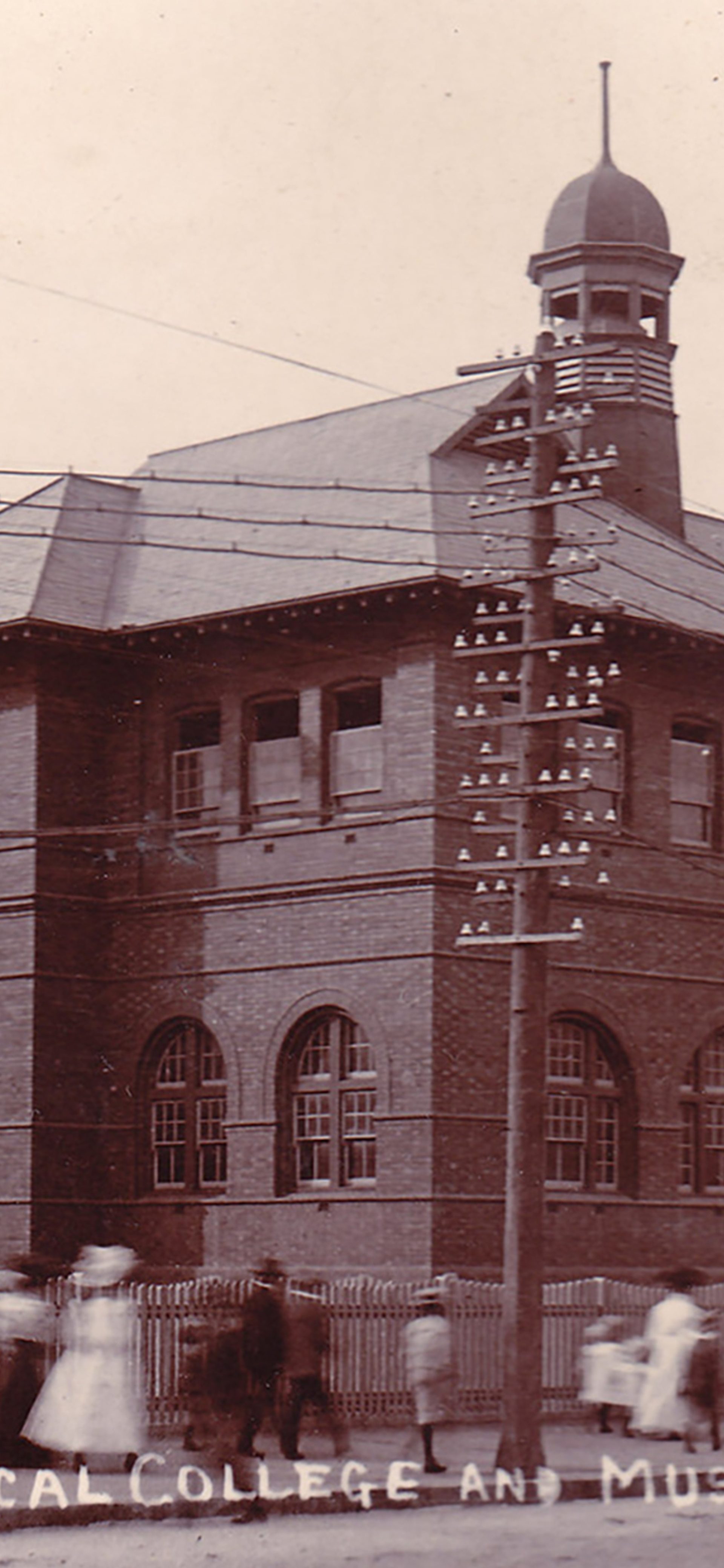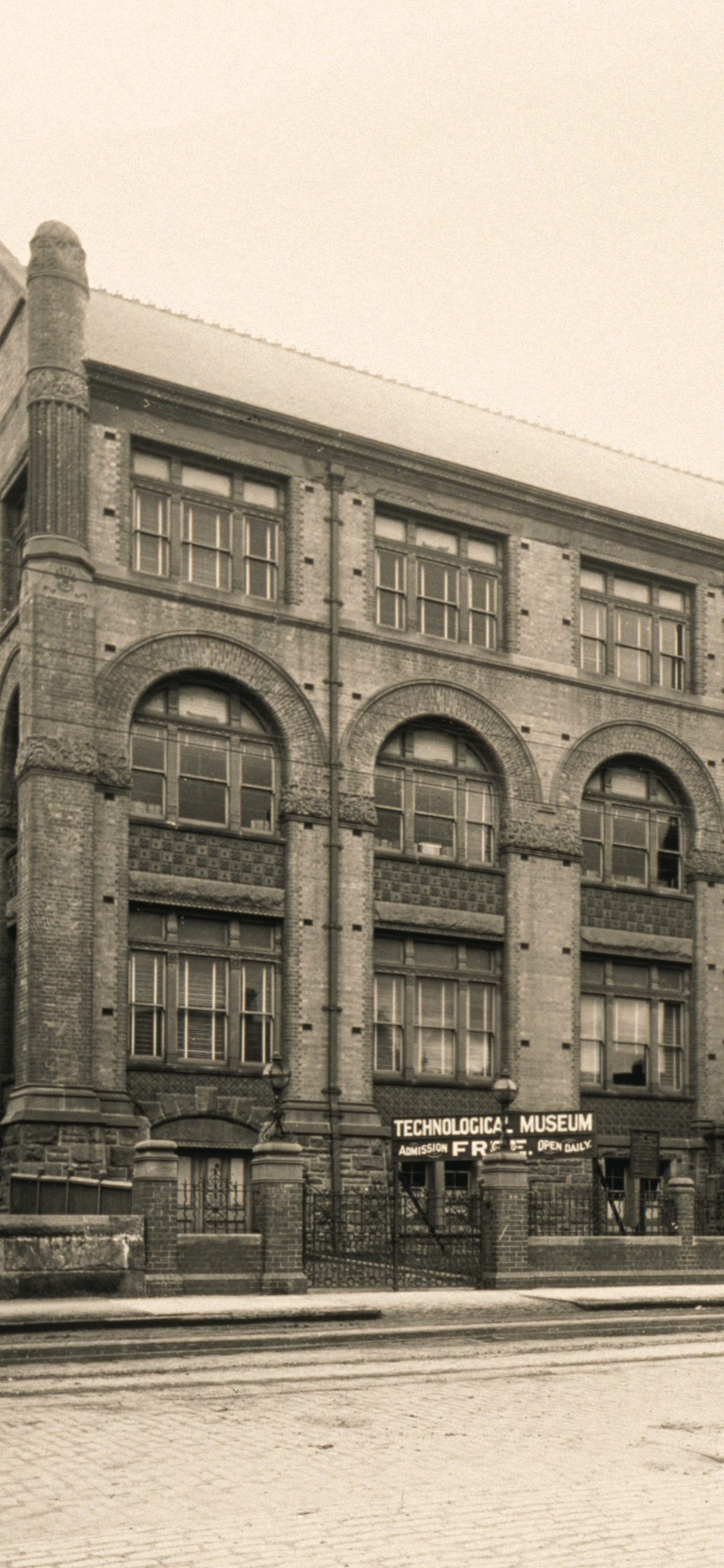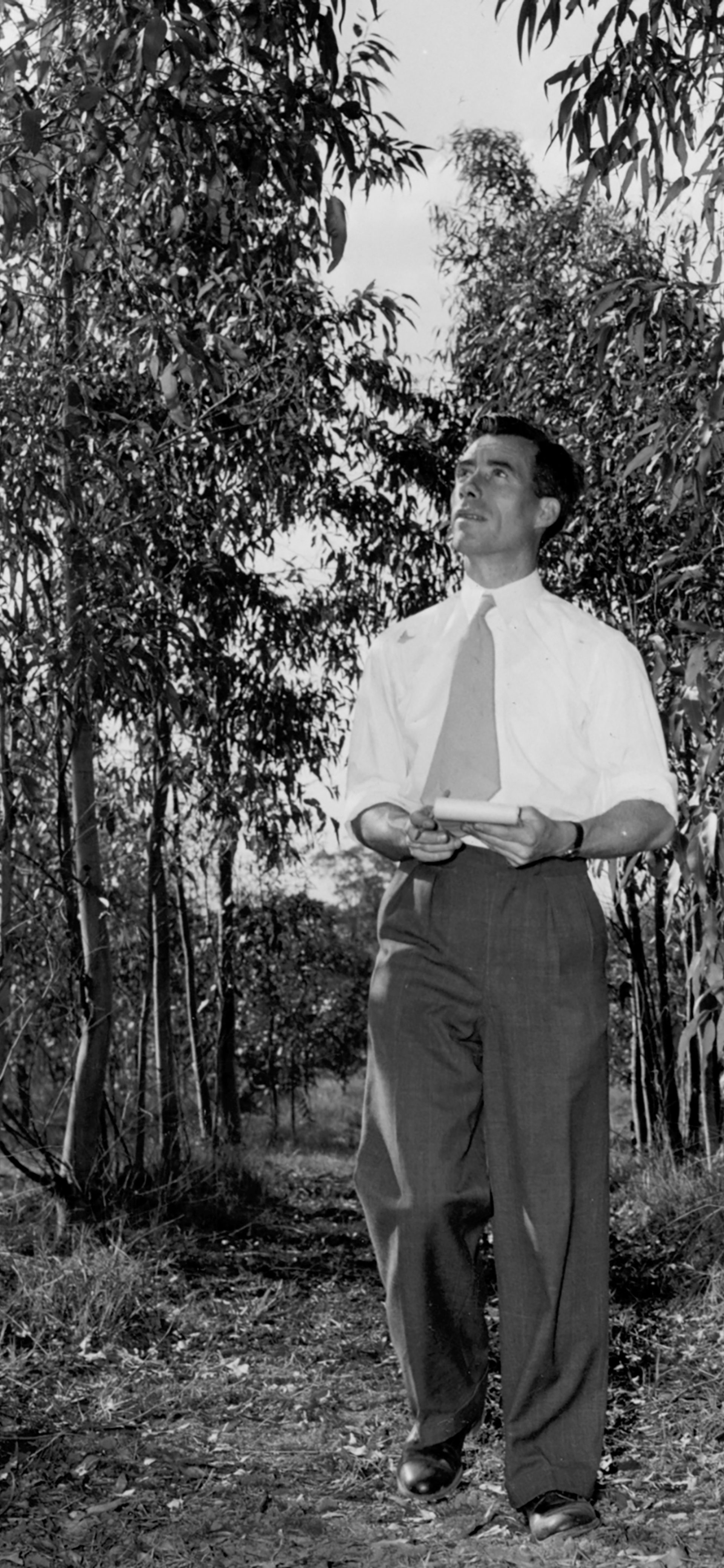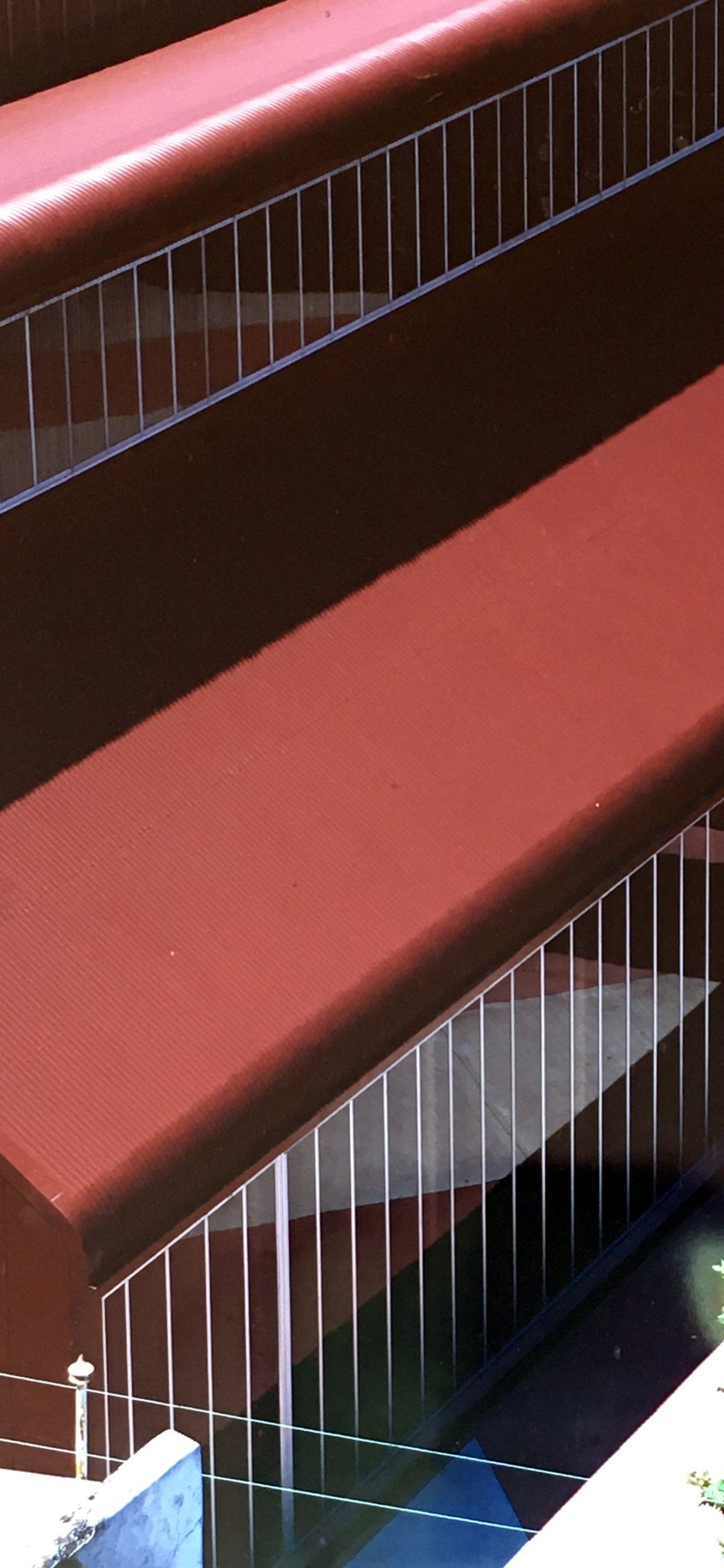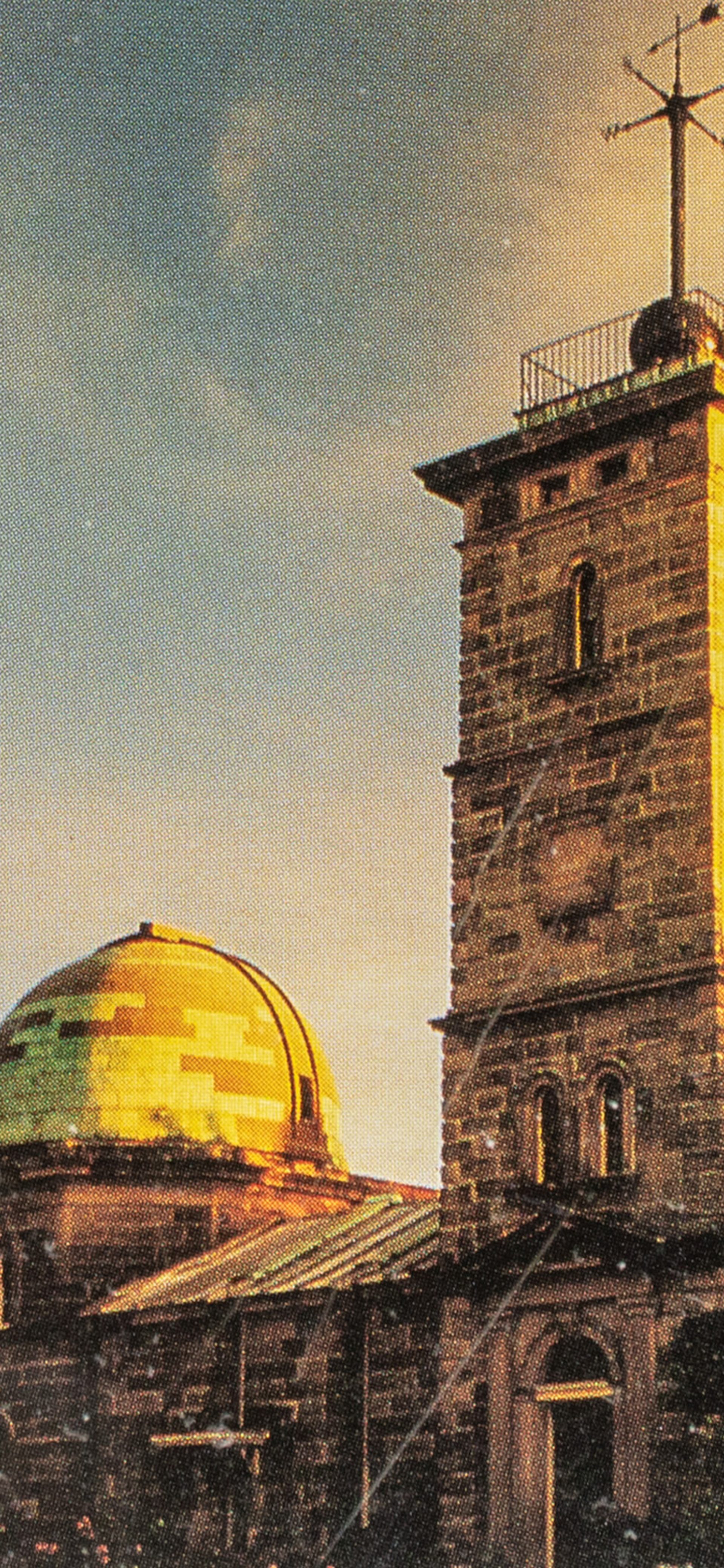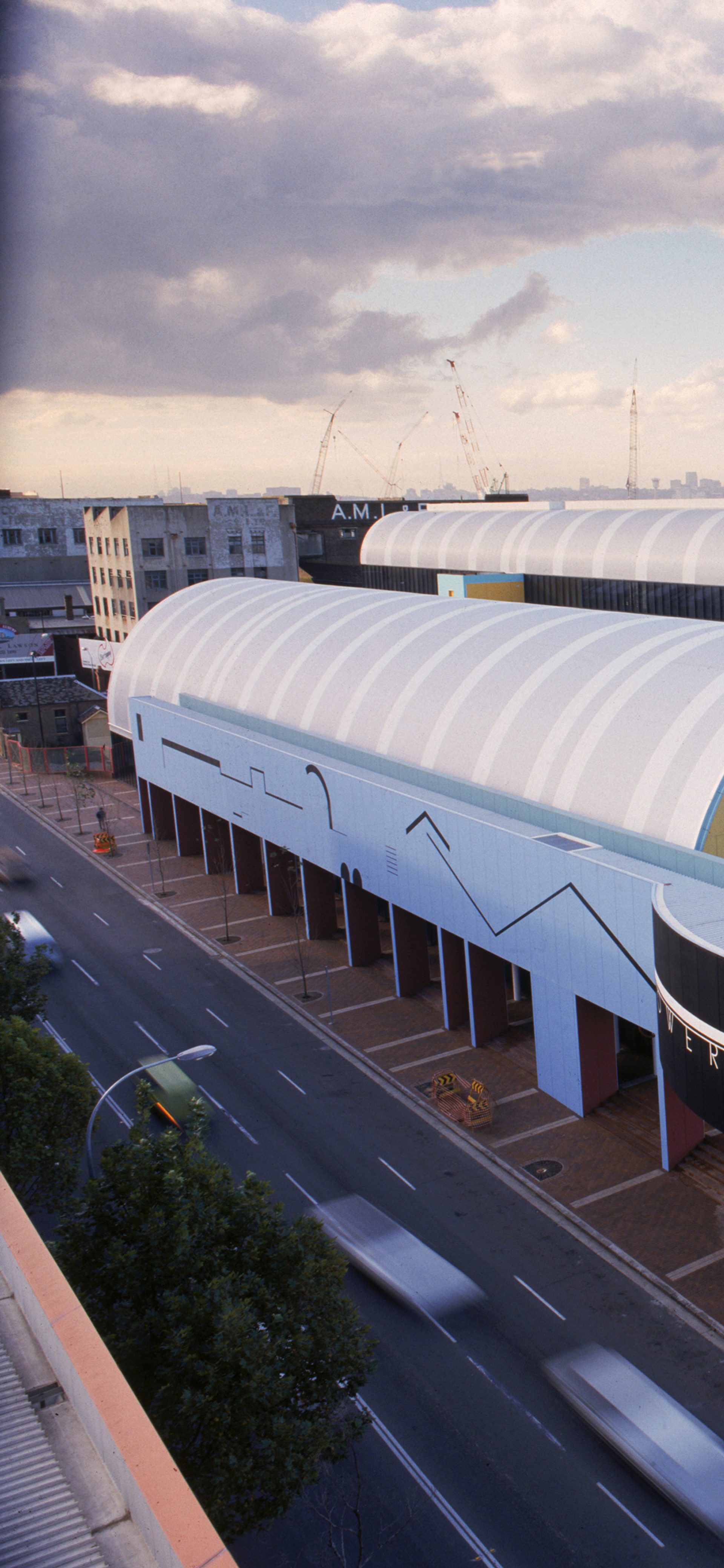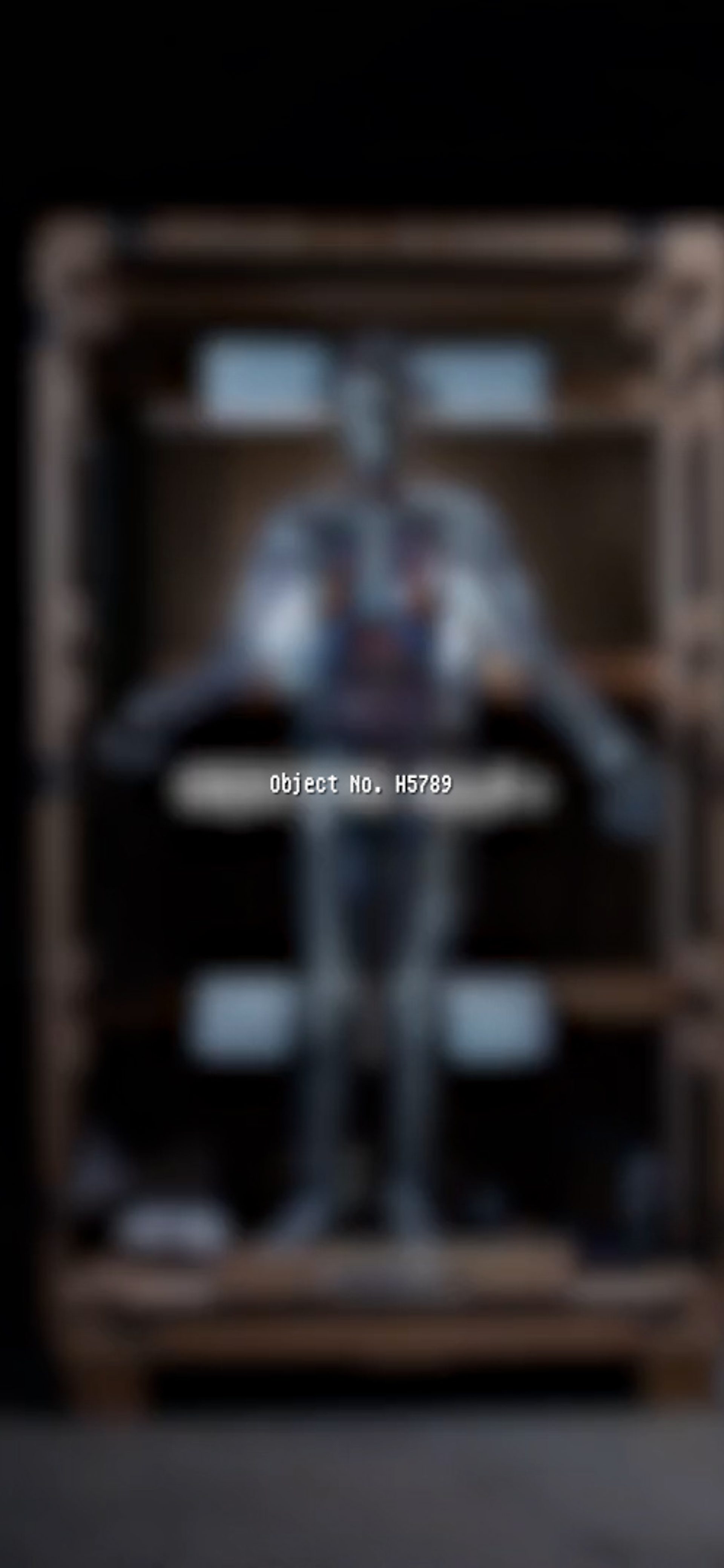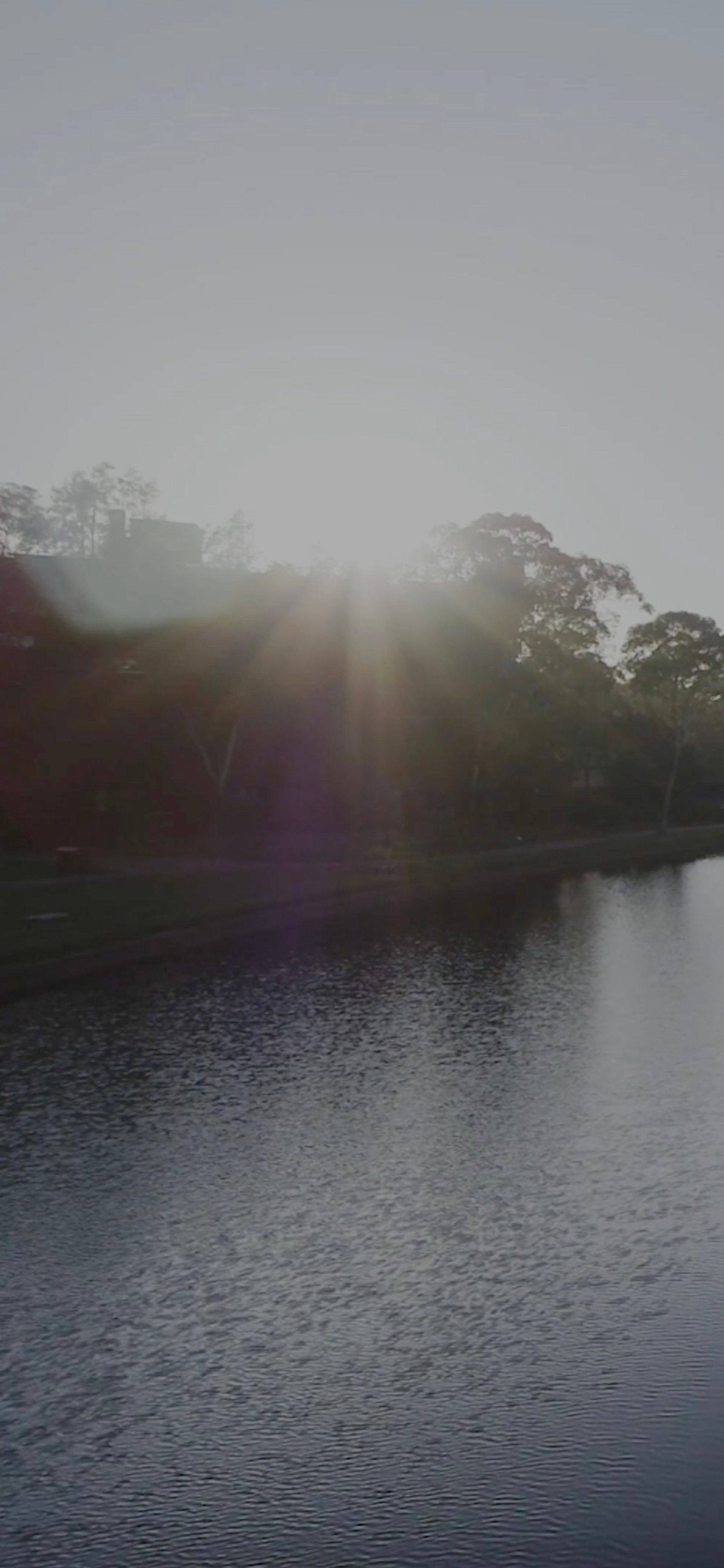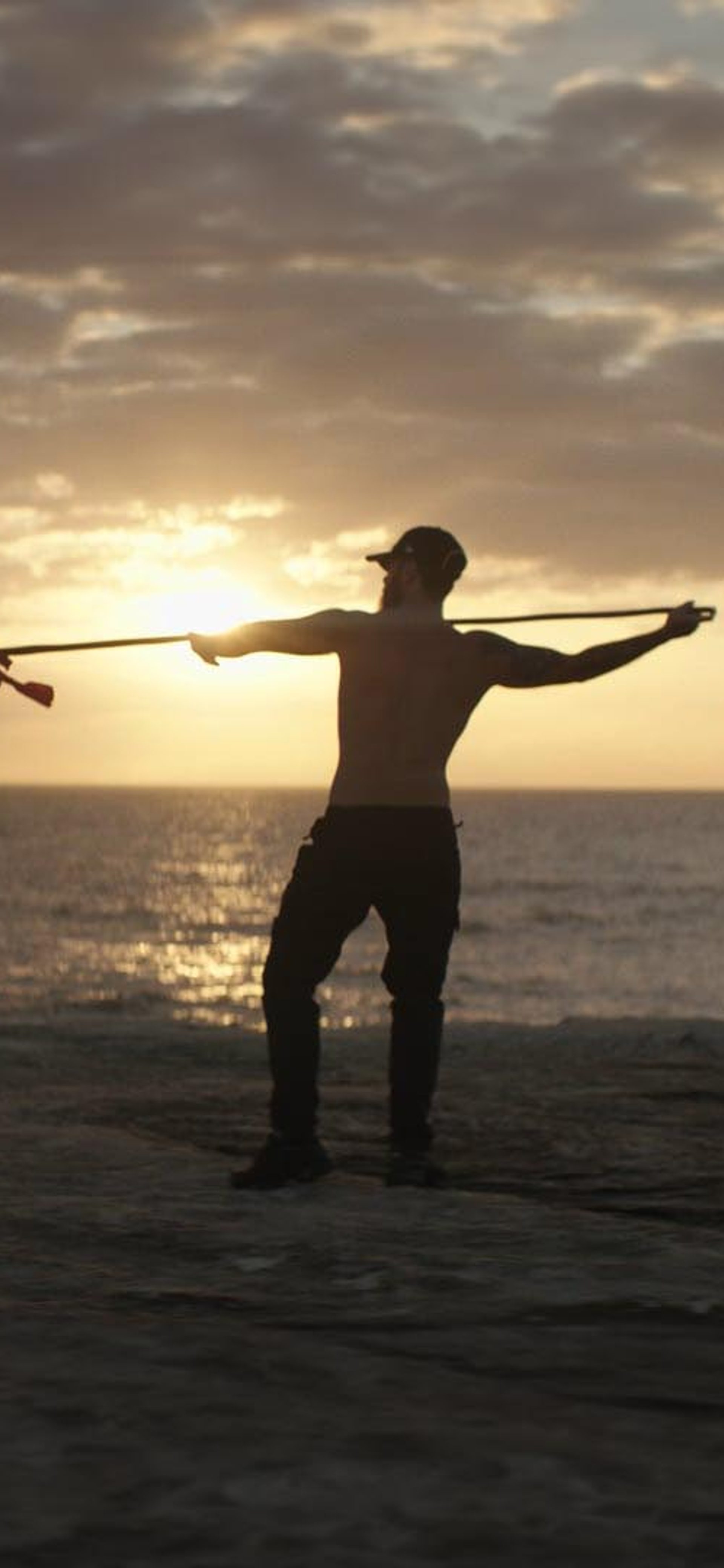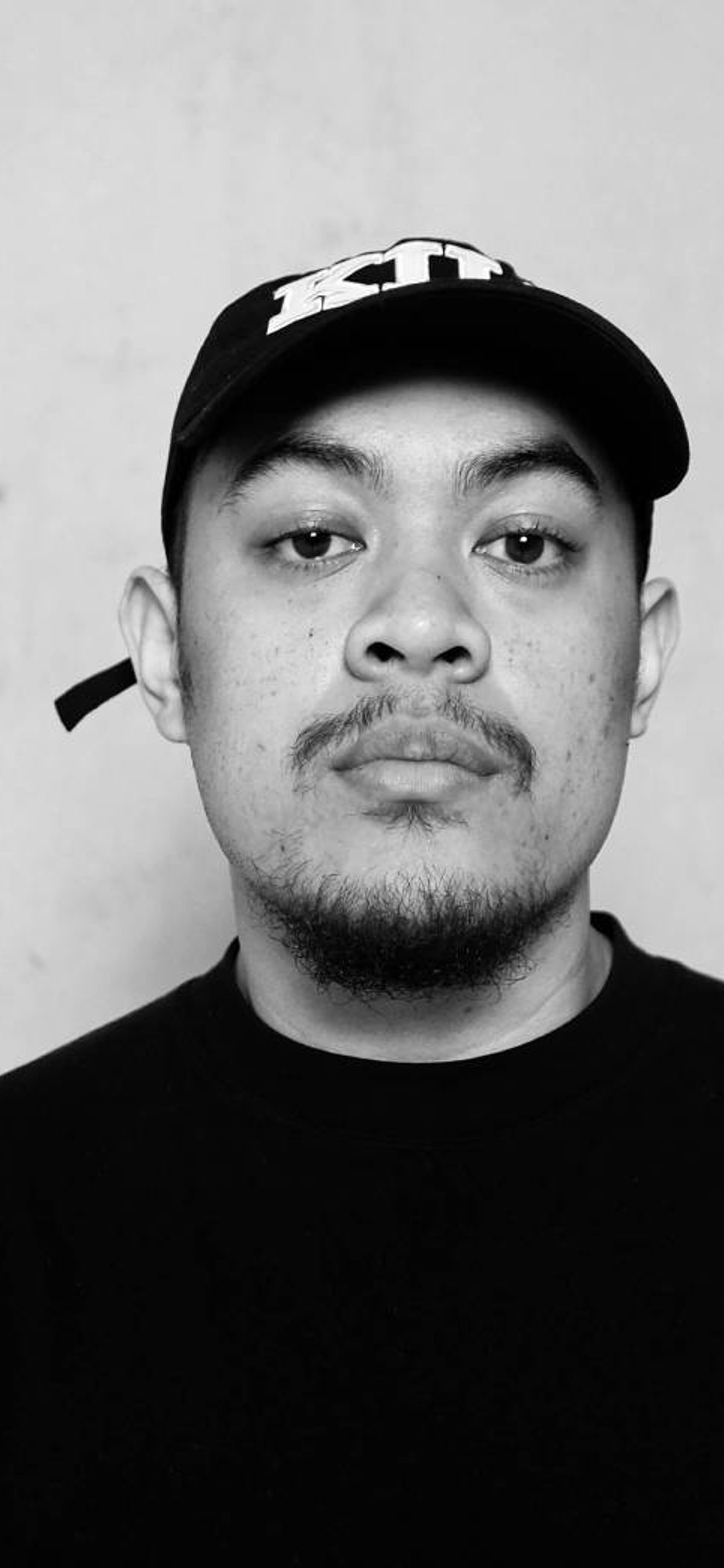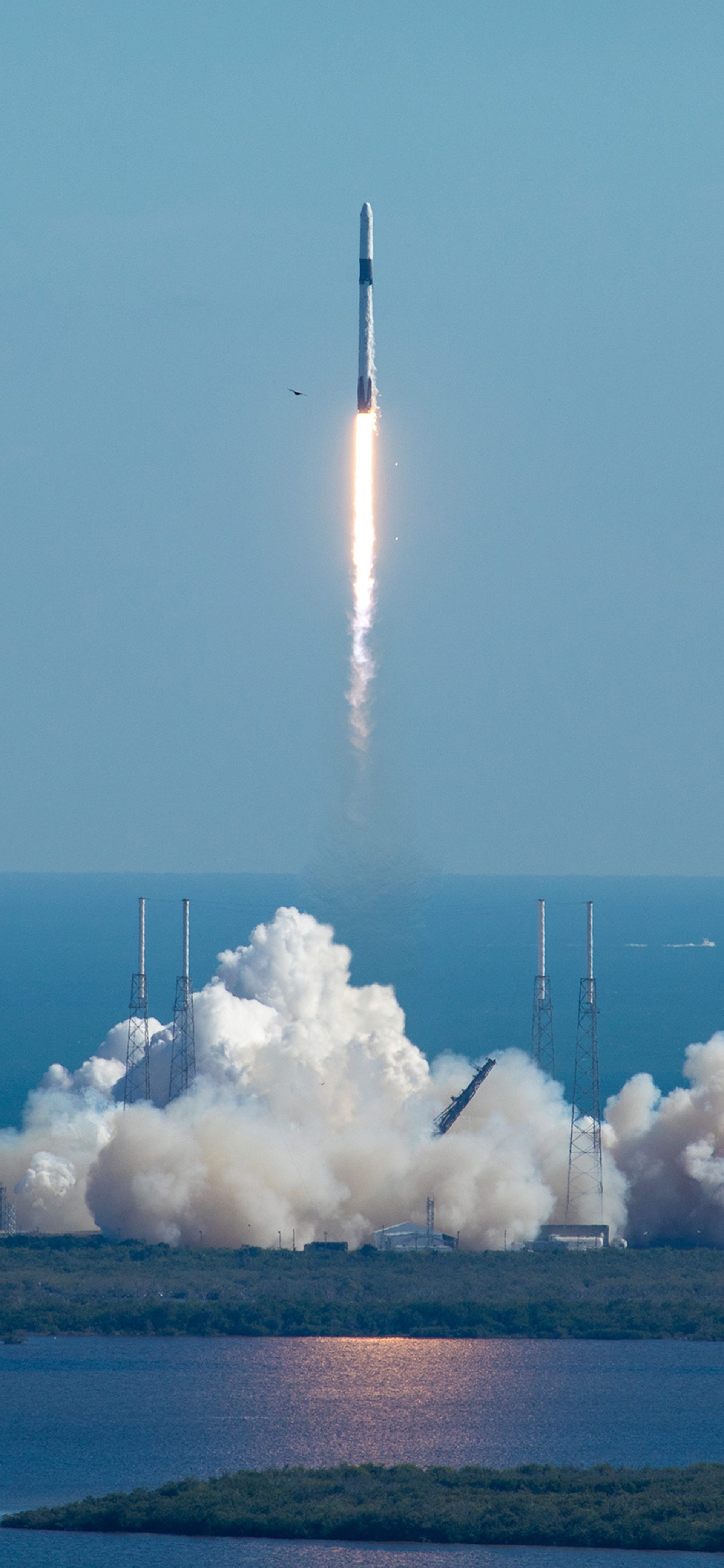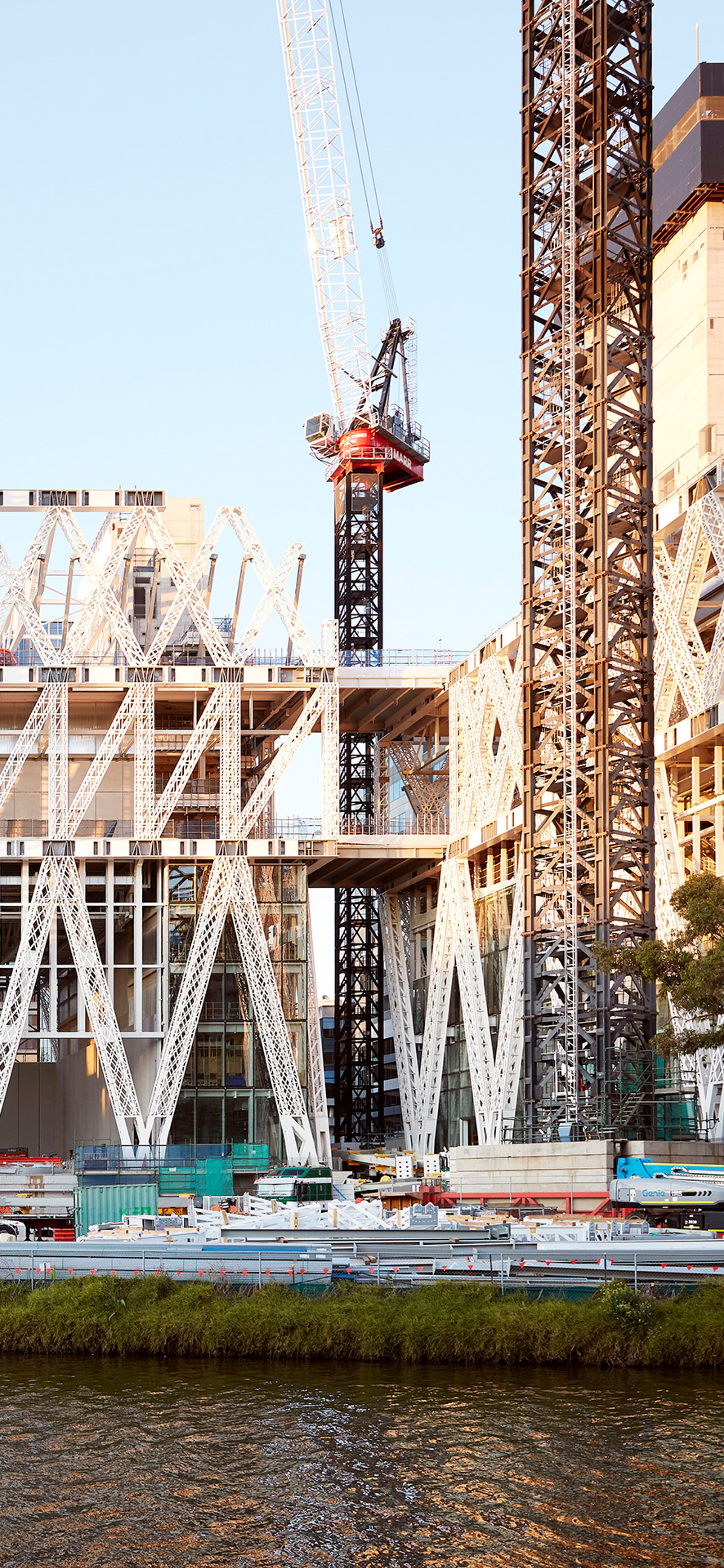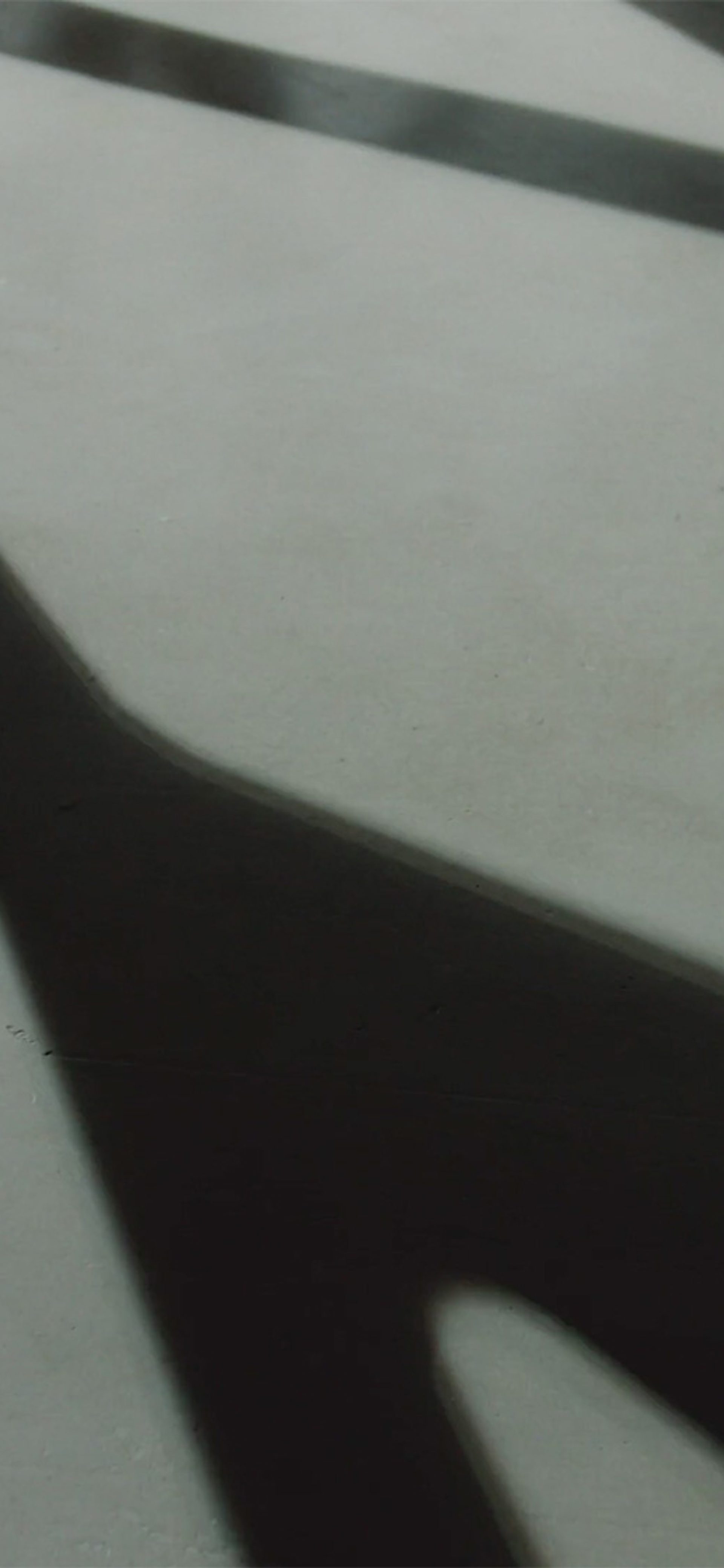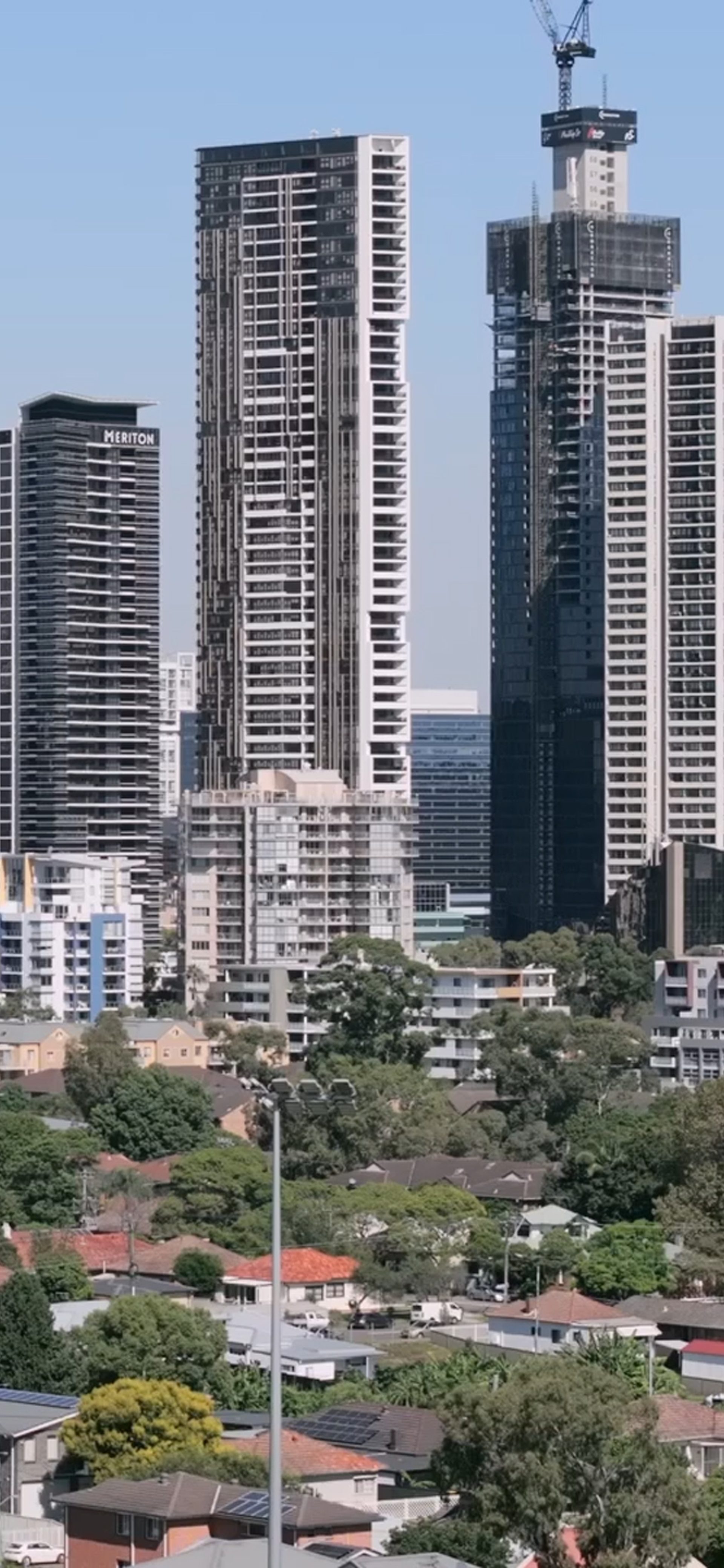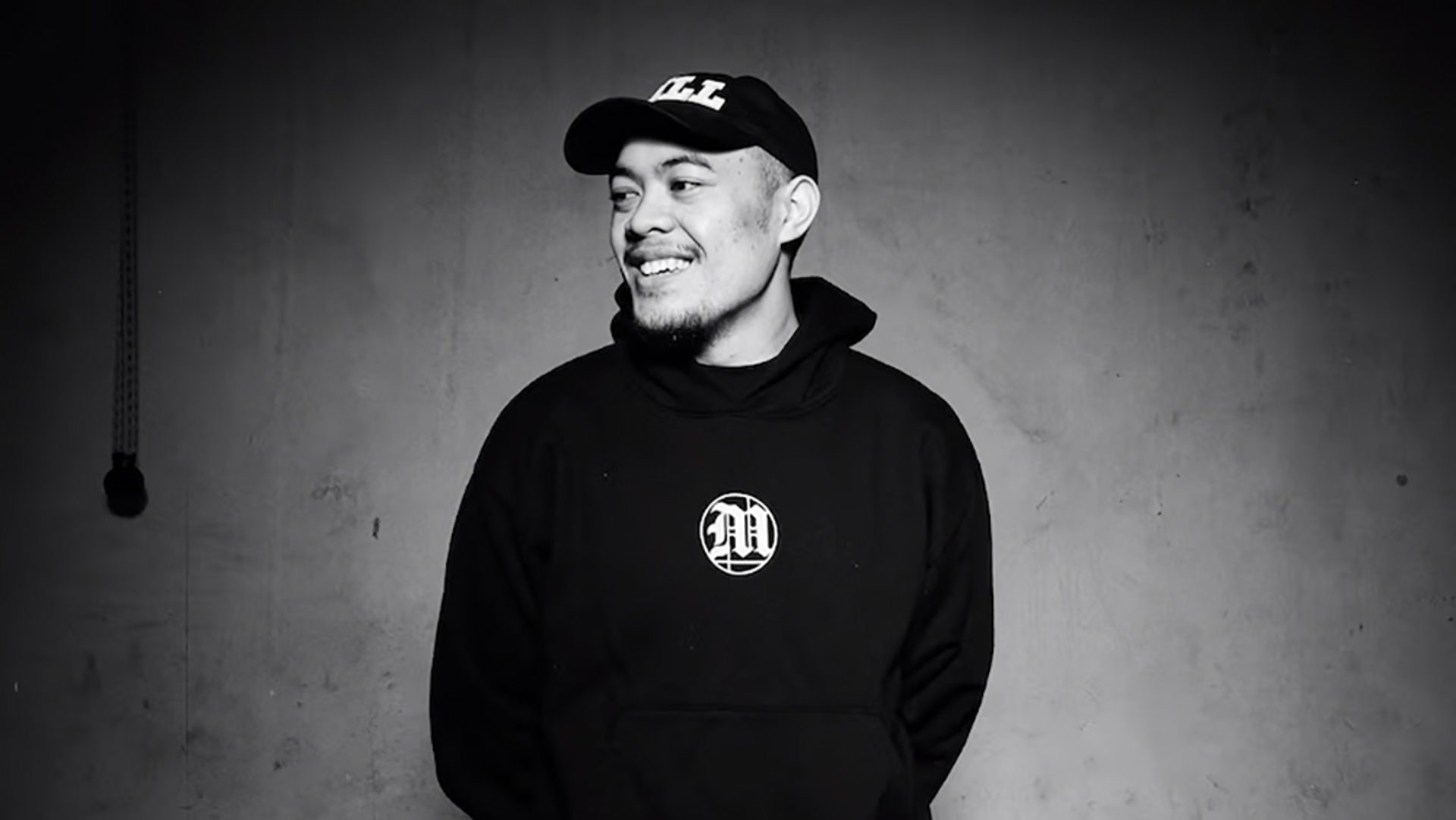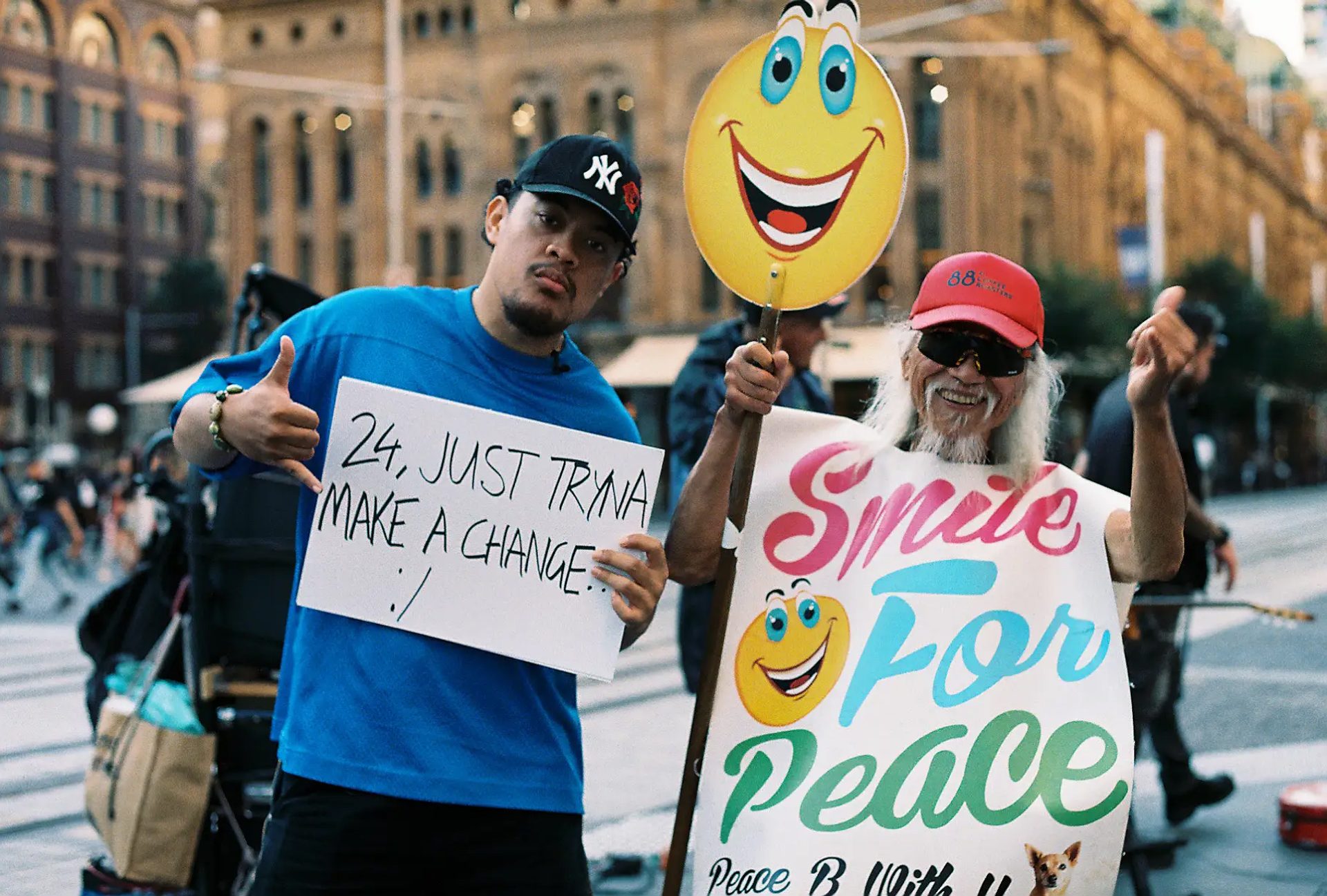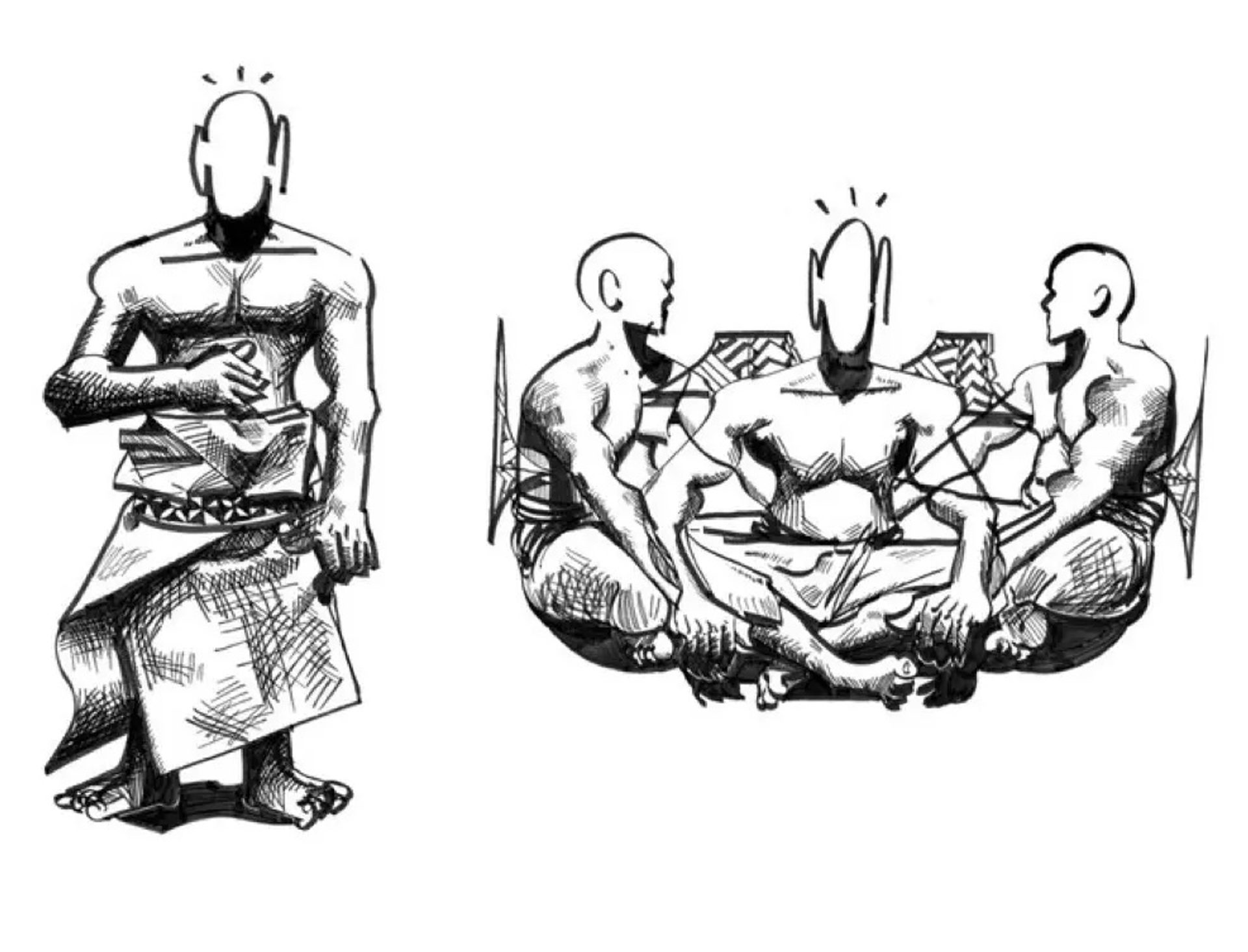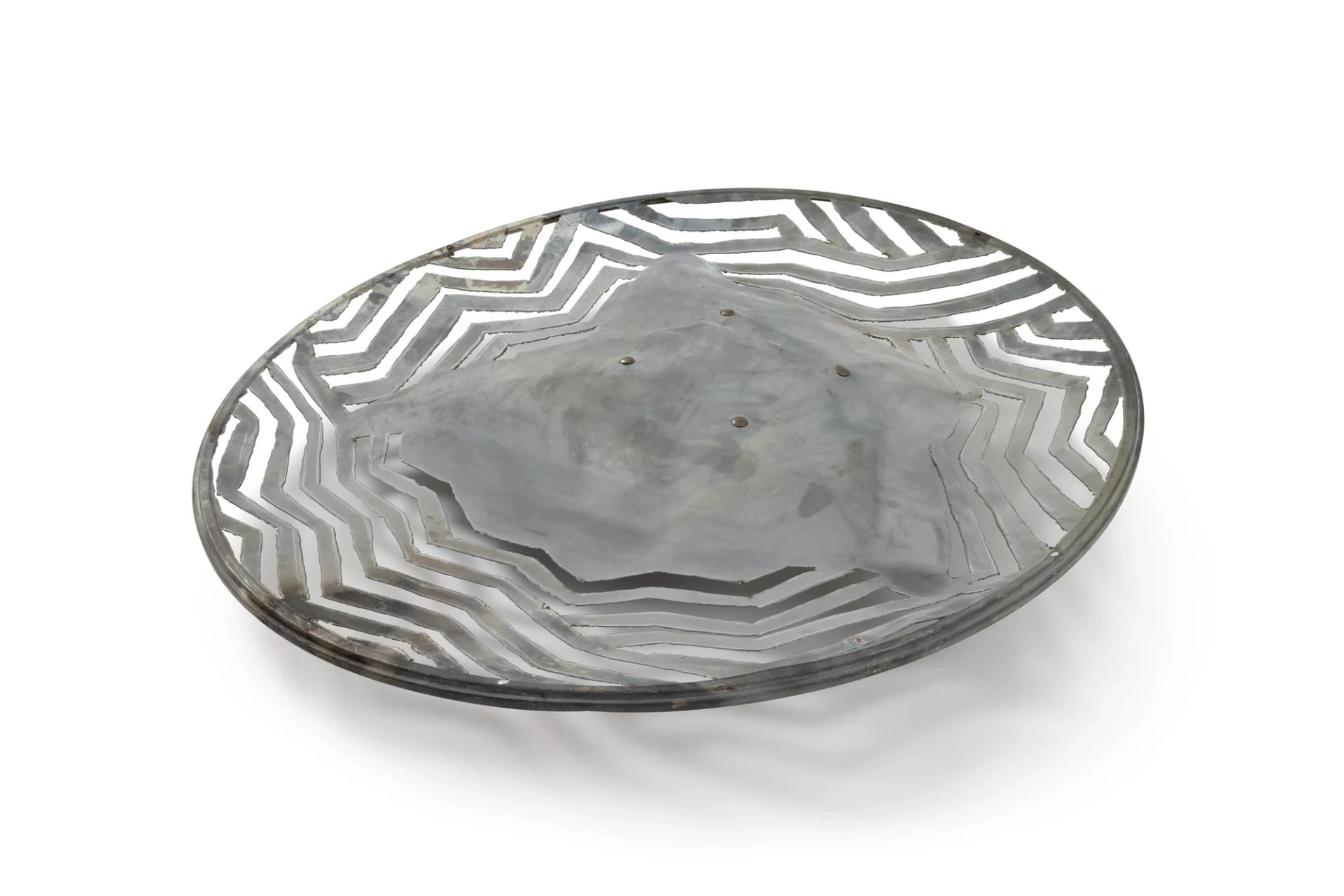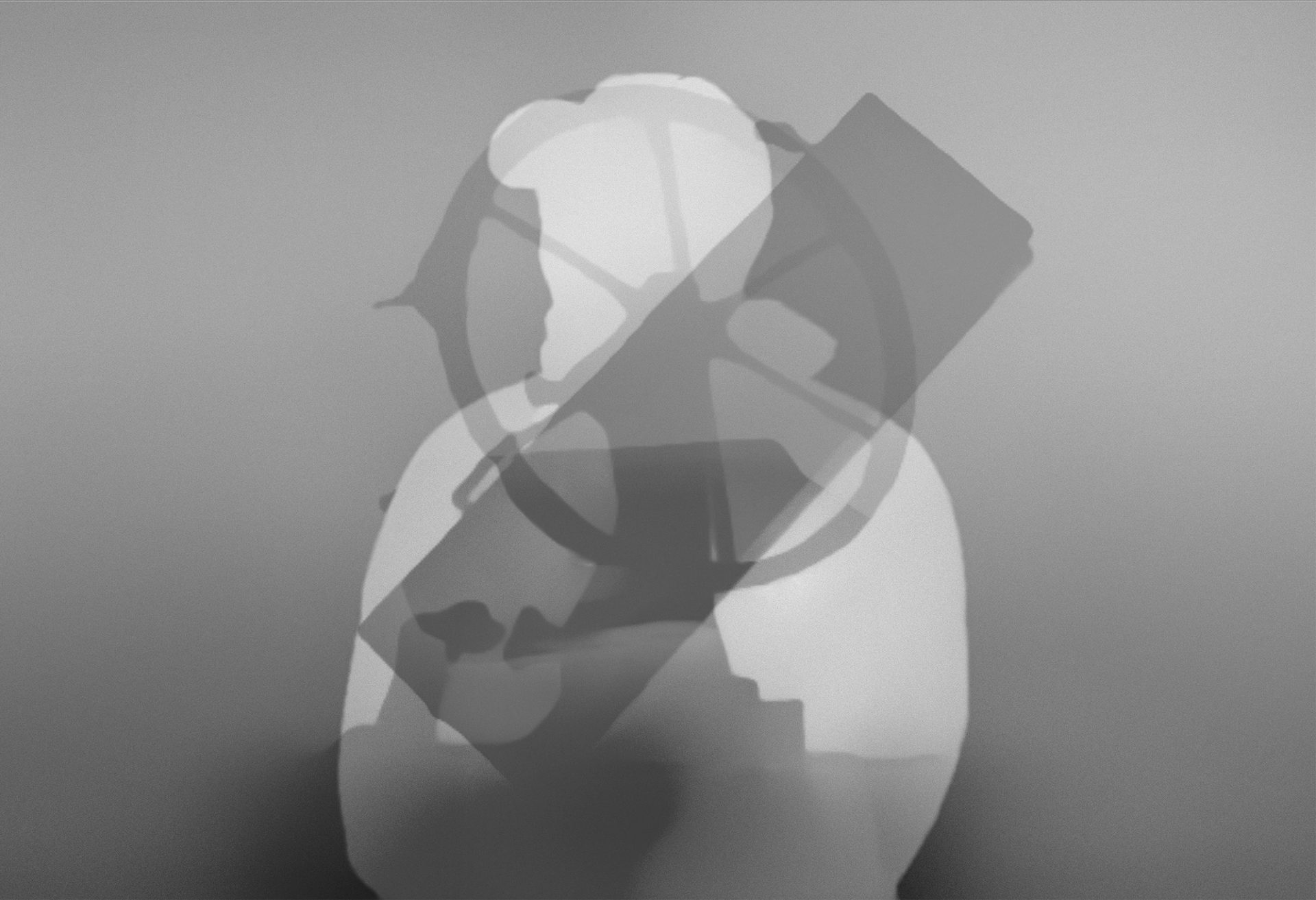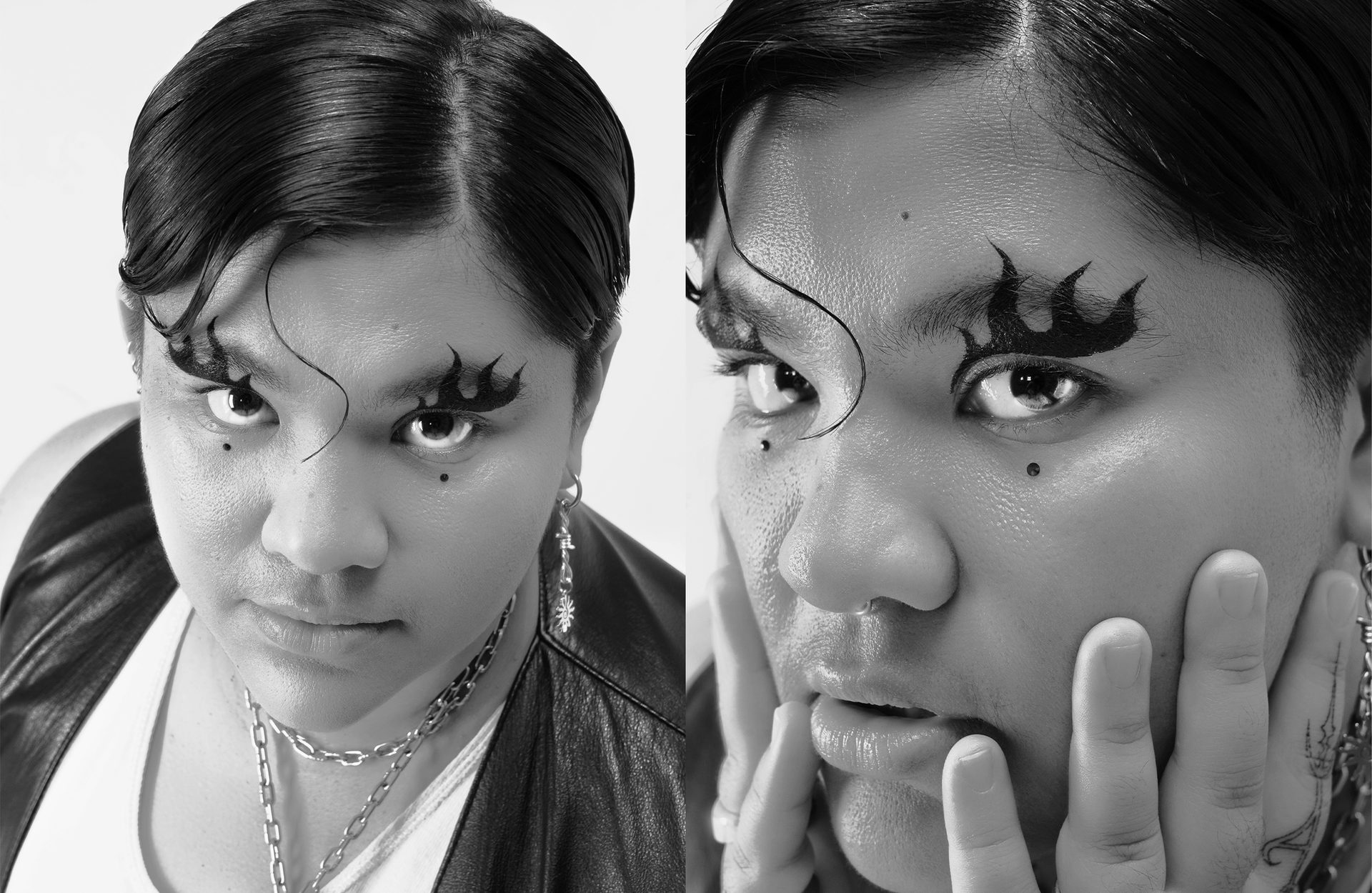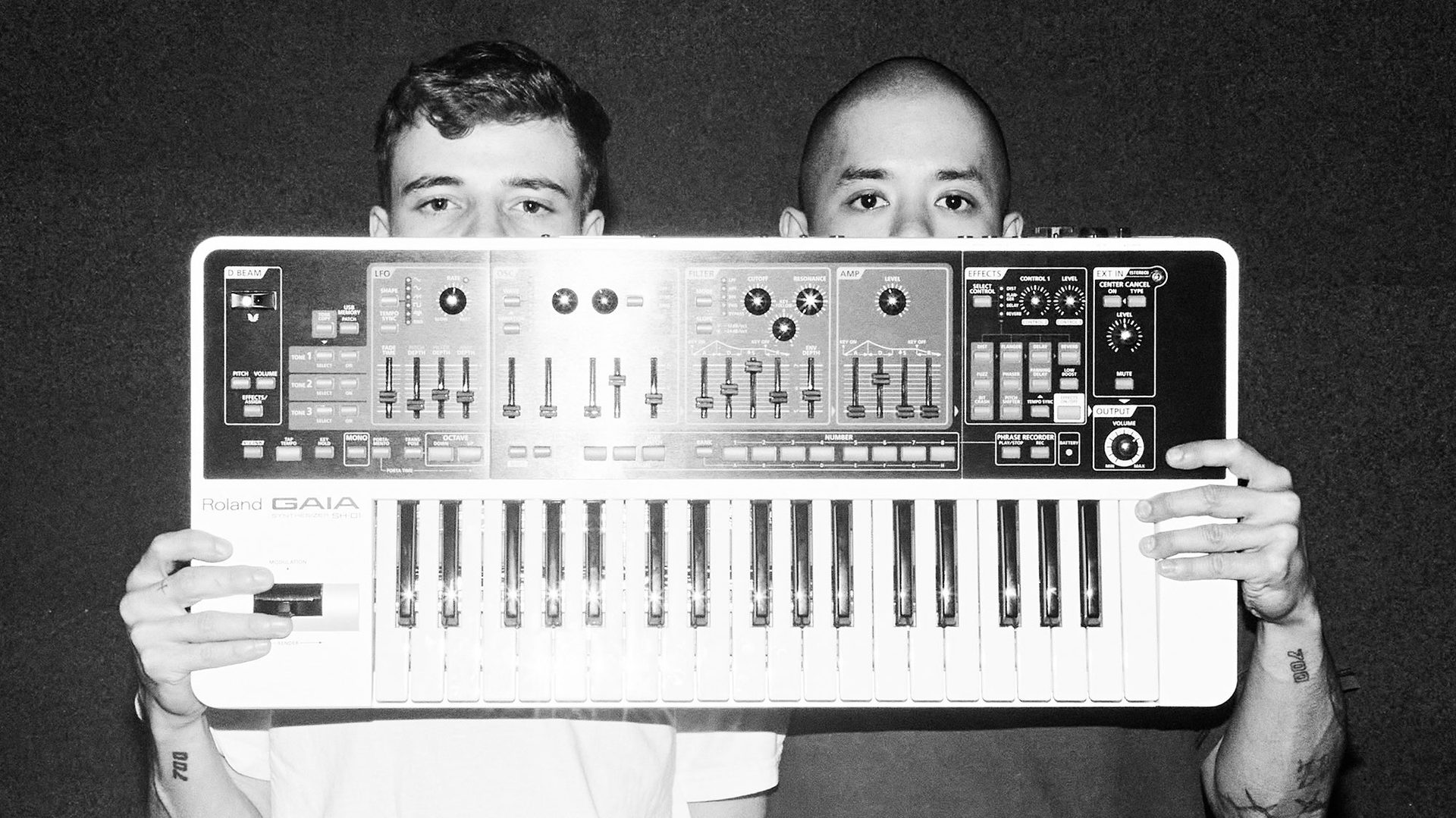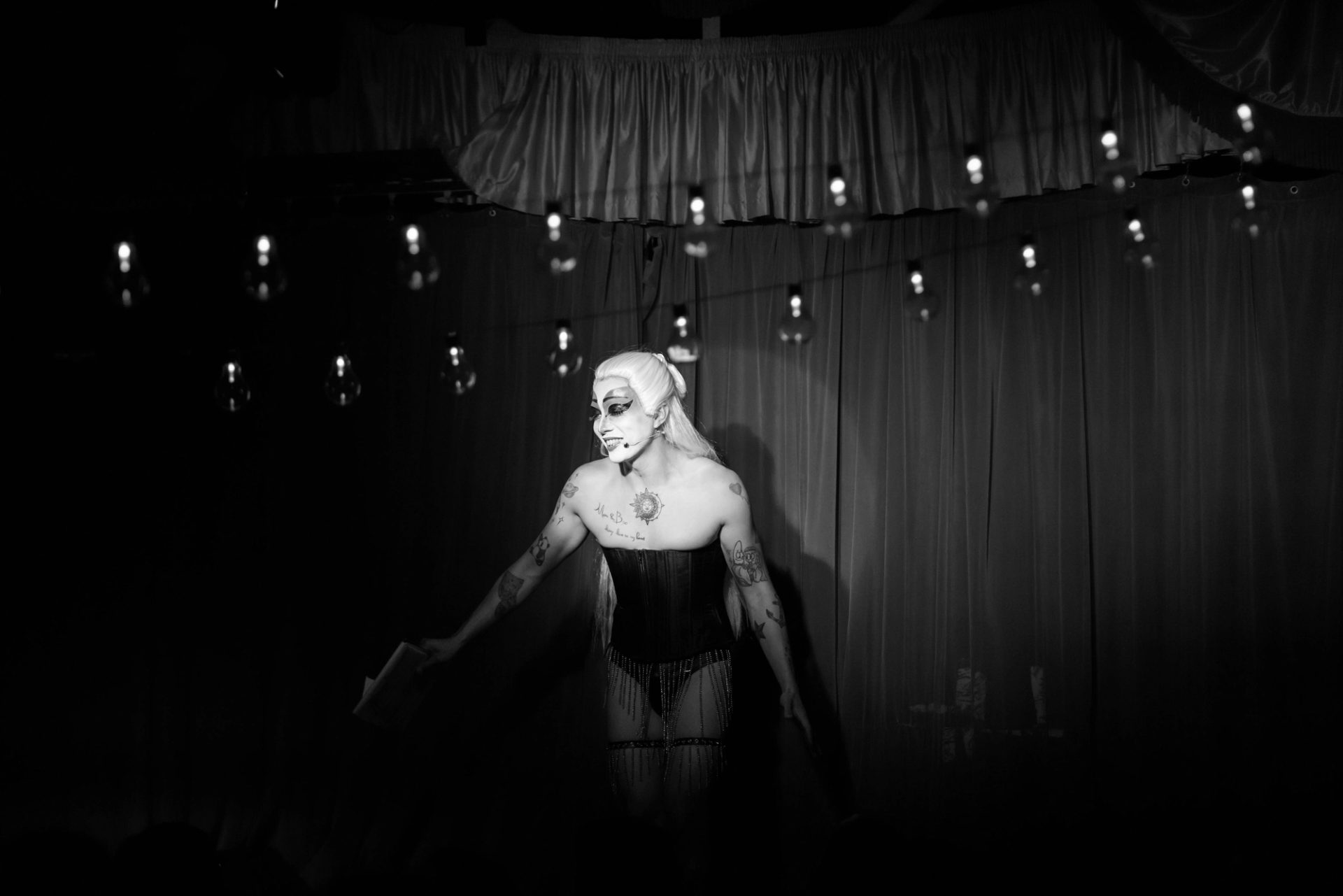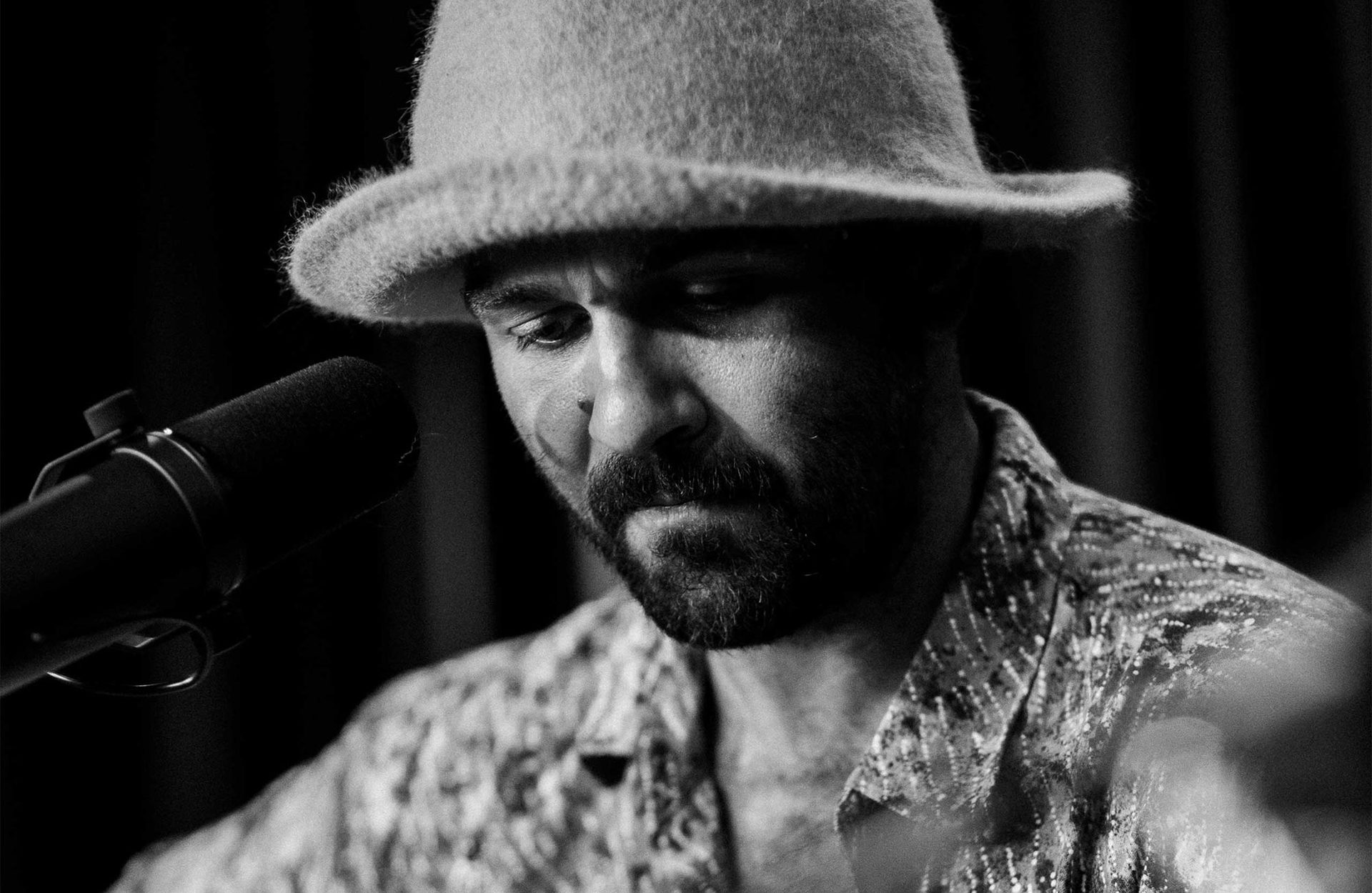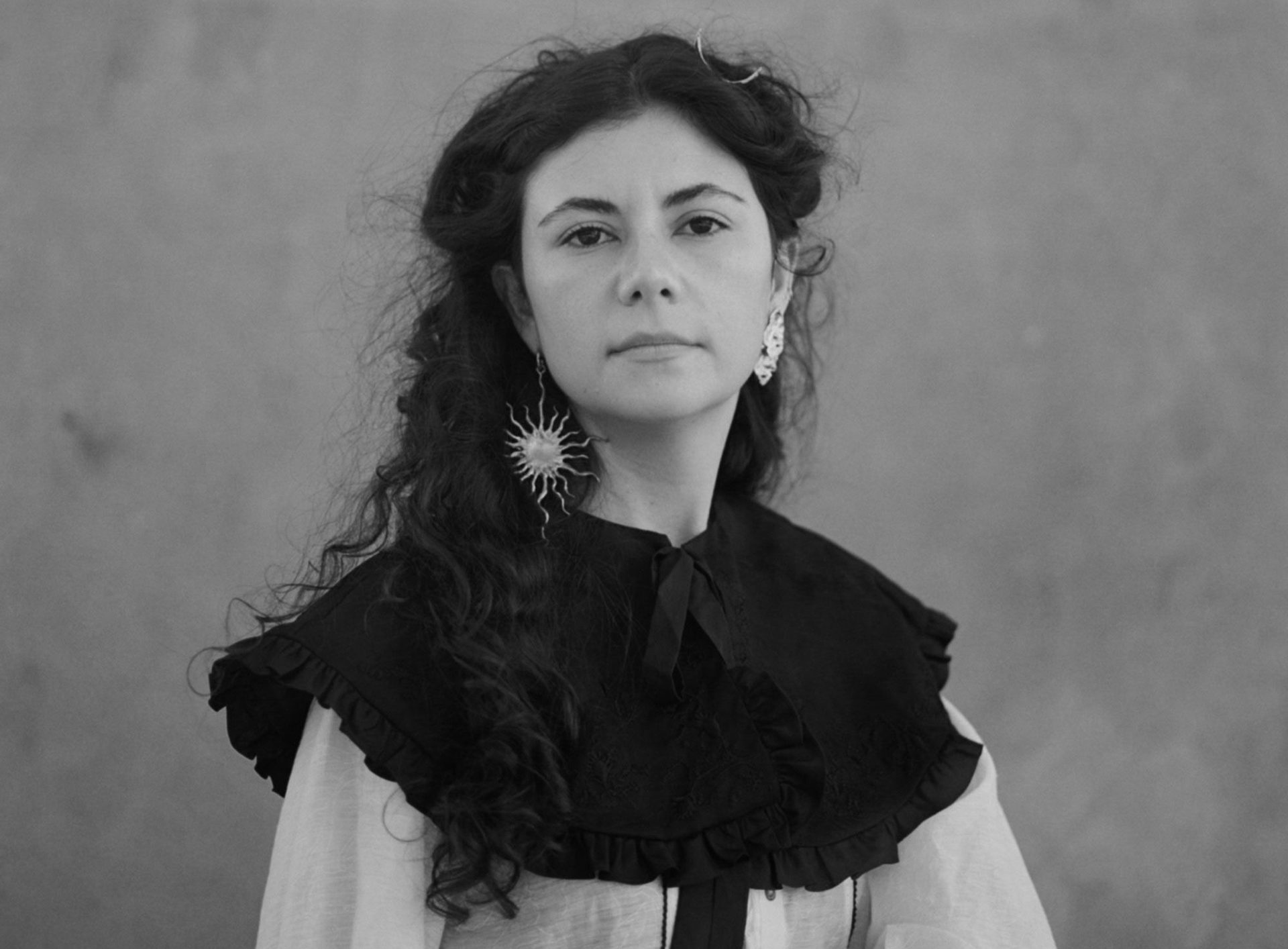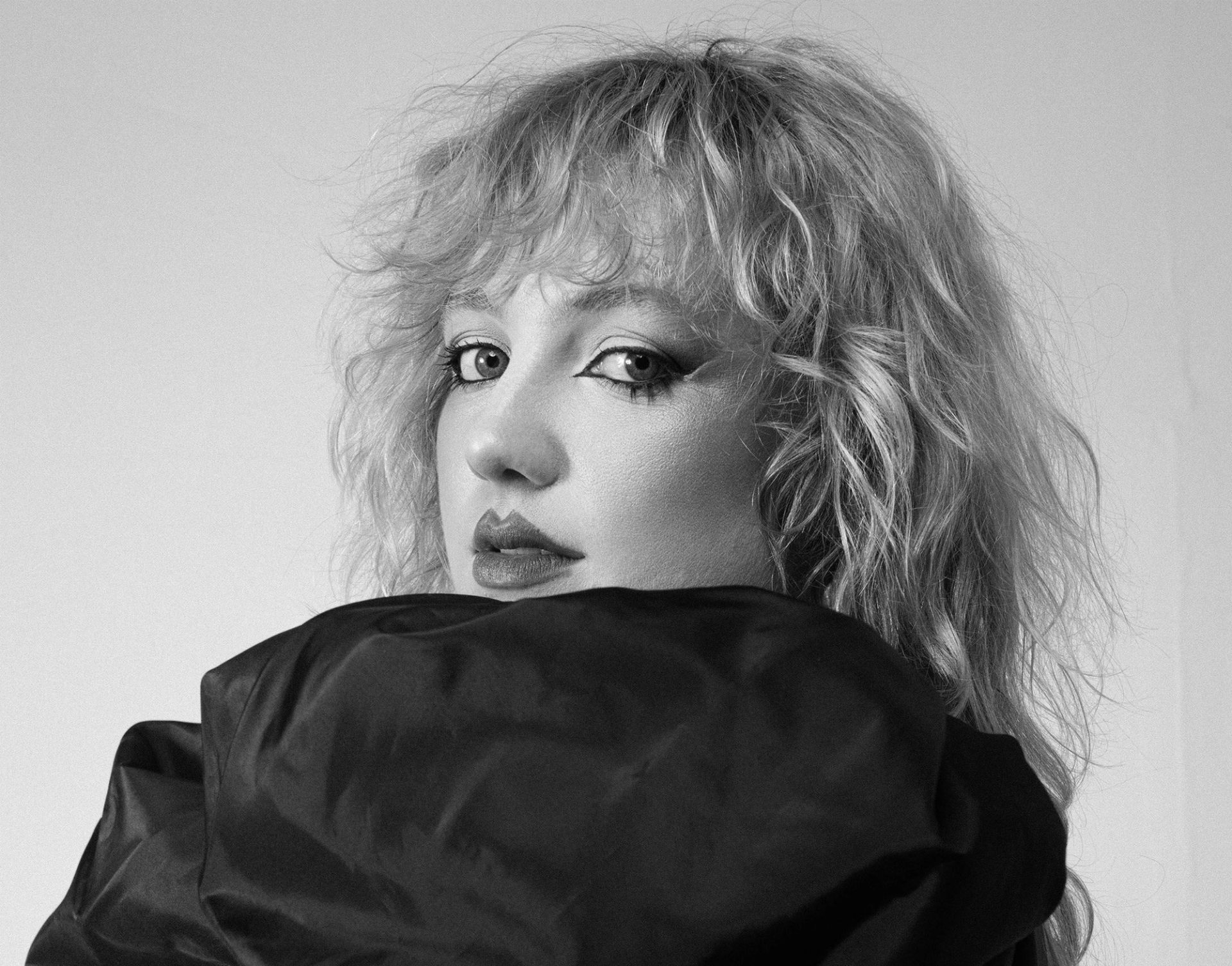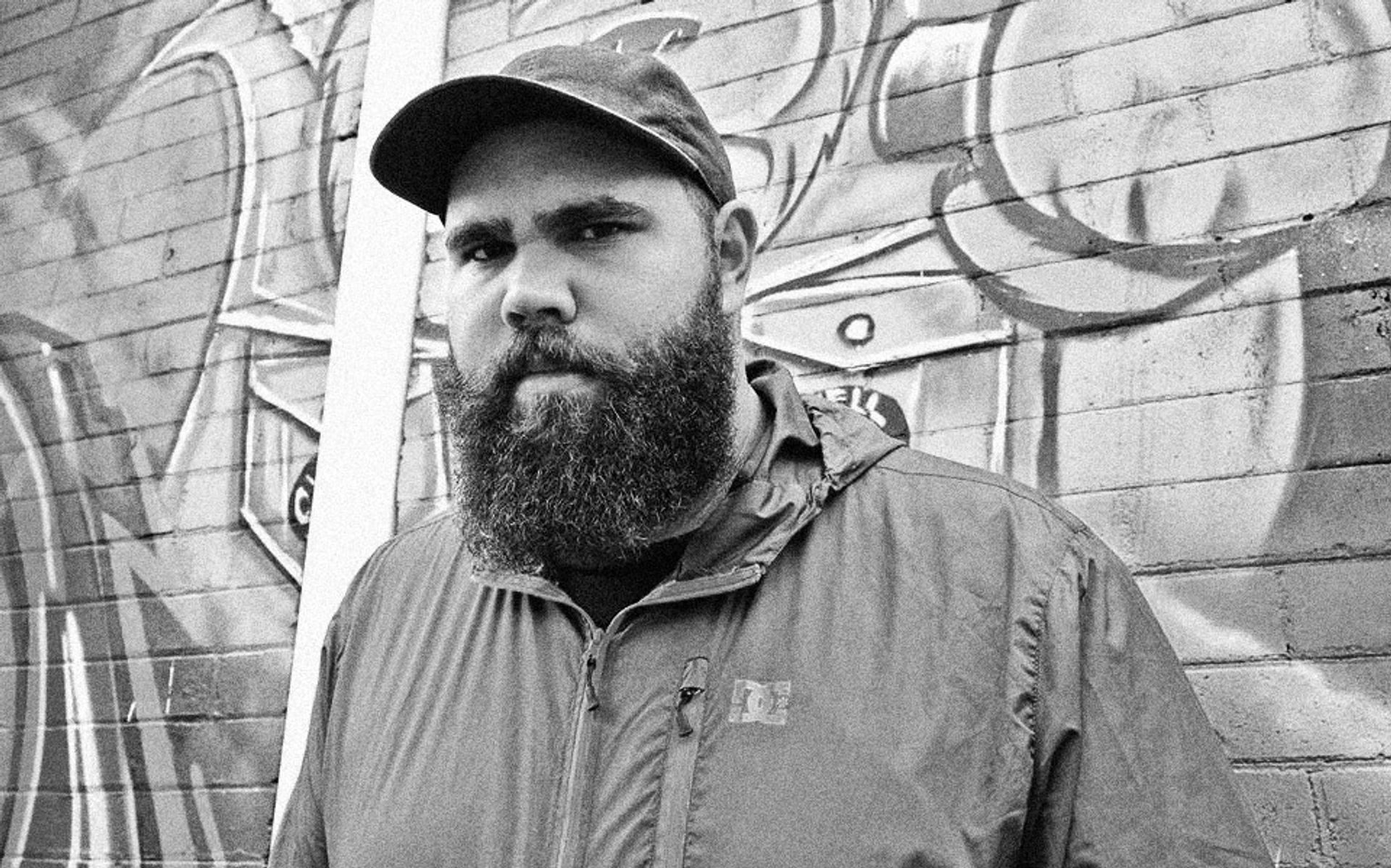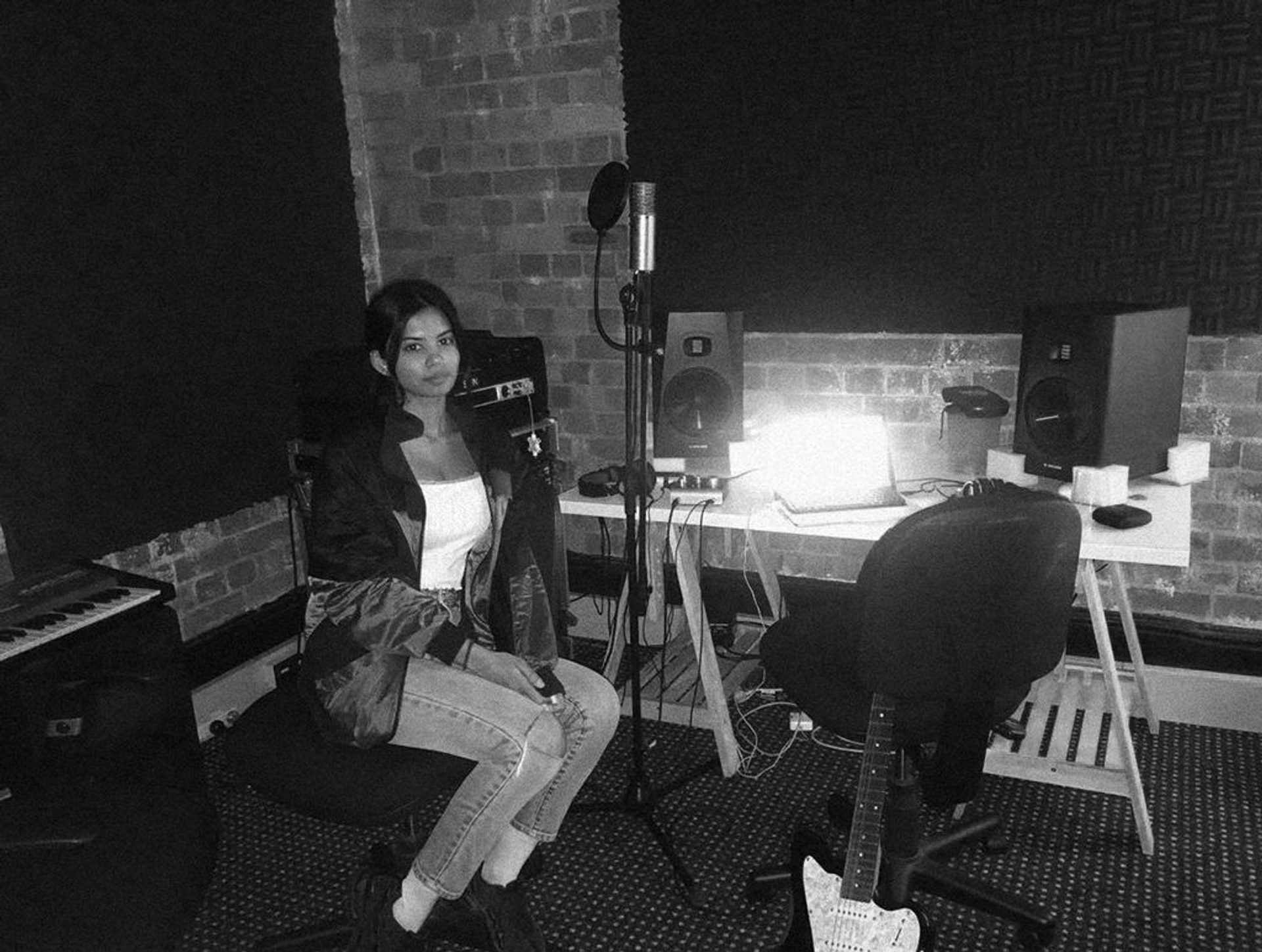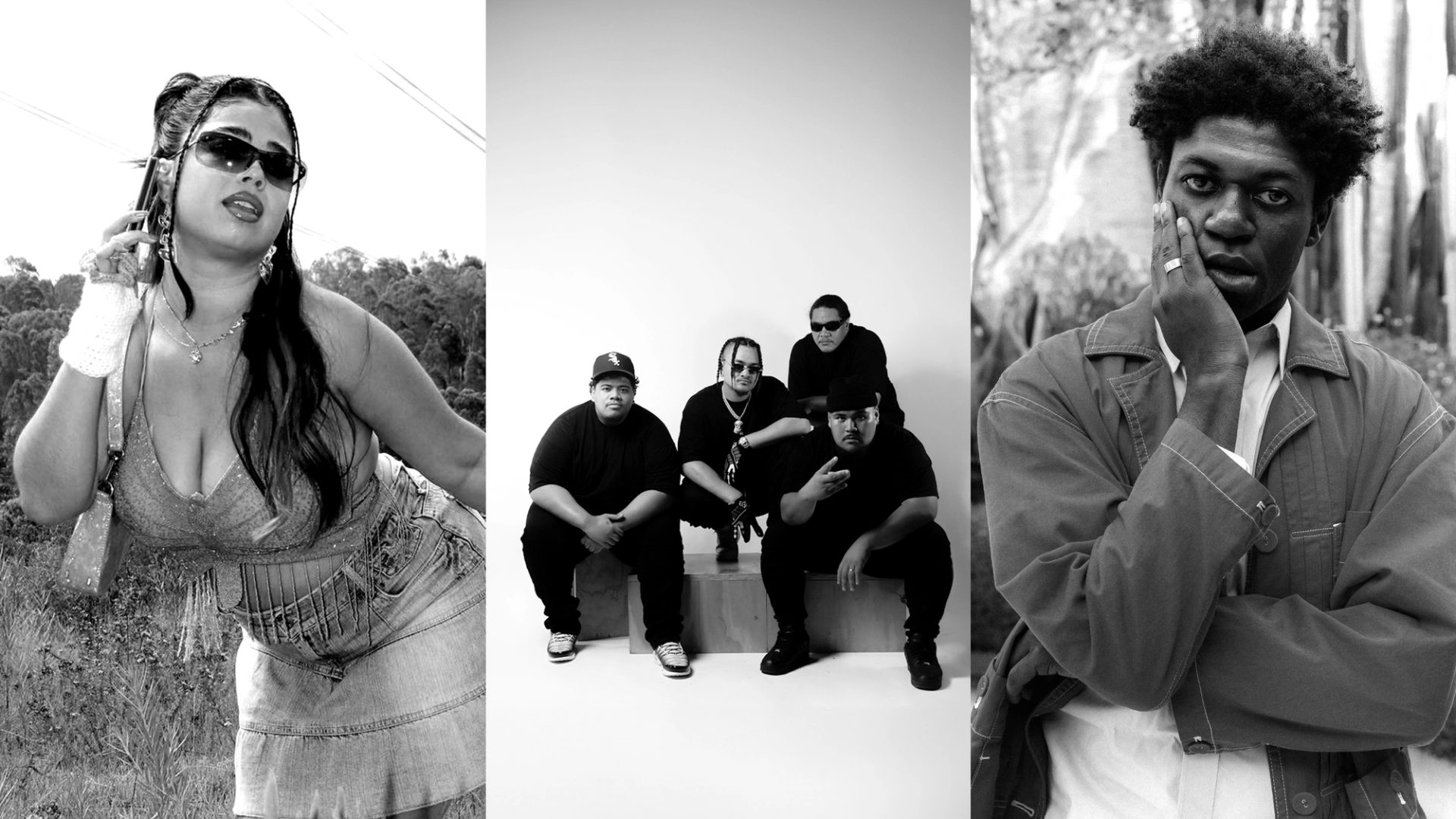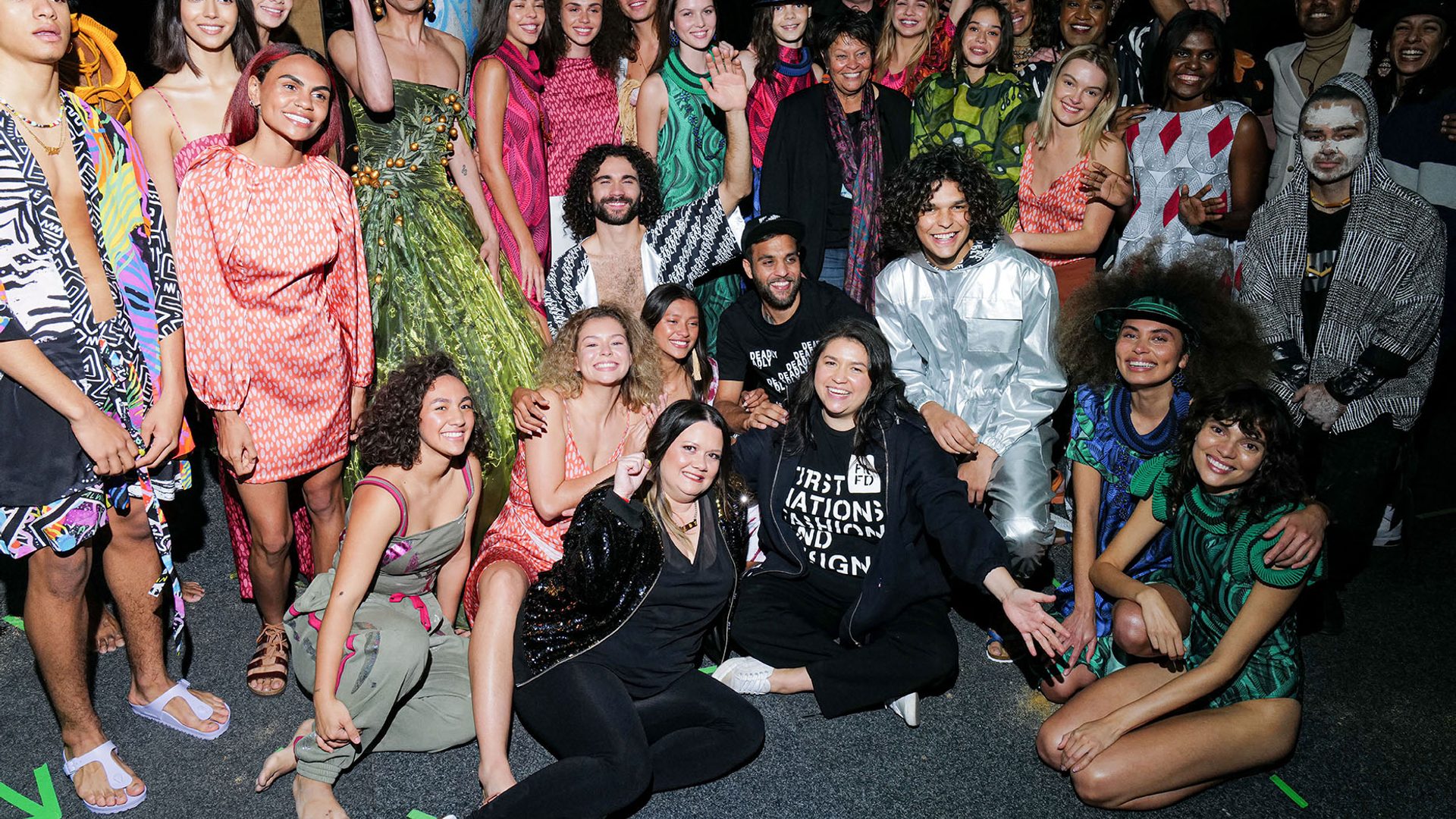T What's your cultural background?
S I am part Samoan, part Tuvaluan and part Chinese.
T Has your cultural background influenced your creative practice?
S 100%. There's a very specific type of melody in Samoan music or Samoan pop music that they go for. And it's very inspired by Eurodance actually, like, you can hear in old Vengaboys songs and songs that Islanders make today that sound very similar. So I think I take a lot of that DNA and put it into my music. It’s also the attitudes, always putting your family first, moving with your ancestors on your sleeve. Not just towards that, but just in life I think is something I reflect back in my music. Slang as well.
I'm not super fluent in Samoan myself, but there are things I grew up with hearing in the house that my dad would always say to me that it was kind of like second nature now. So I put that back into my music. So even if it's just little words, I understand what just saying something in Samoan in a song does for the average Samoan kid that can grow up and listen to music and go, ‘Oh yeah, I know what that means.’ And it's cool.
I remember the feeling I got when I heard Savage on the Not Many remix and he's like saying, ‘South Aukilagi’. I was like, ‘That's mad’. I hadn't heard anybody say ‘South Auckland’ in the Samoan way till that time, which was sick, and so that feeling is something I always try to take and chuck it into my music.
Also, just like references to old Samoan culture, like I put heaps of references to DJ Tikelz and his mixtape series. DJ Tikelz was a really famous mixtape DJ that most Islanders know of, and so he put together these mad mixtape series way back in the day.
DJ Noiz, also another really talented producer in his own right. I reference them a lot. The Manu Samoa team, the Toa Samoa team, all these different cultural things about Islander culture that I think I don't hear enough. So because that's what I grew up with, I try to put that all into my music. I wouldn't be the artist that I am today without Samoan music.
T And so, you produce music. Tell us about how you started, your favourite programs and equipment — that production journey?
S That was cool. I pretty much started production because I liked the idea. I used to see DJ Noiz do these remixes where he would put different acapellas over the top of different beats, pretty much making mashups. And I thought that was pretty mean. Like, I was like, Ooh, that's gangsta’. So I got started with Audacity, which is this free program that you can just download and pretty much would try and grab different acapellas, just a vocal track isolated and put different acapellas over different instrumentals. I think one of my first early ones was I put this Mobb Deep, I put the Shook Ones acapella over the MF Doom Doomsday beat and I just wanted to hear what it sounded like. Then over time, I would make all these mash ups in the vein of trying to follow DJ Noiz, where that's what he would do, and he would put them out and be like mad successful. Then I started really clocking like, ‘Oh, maybe I could try and make these beats or try to be the one to make the beat that the acapella can go over, and so I got started on a copy of FL studio.
That was the first production software that I really started to use and really engage with and start really understanding what it means to really make a song and what it means to not just write a song, but to produce, arrange the layers, sequence, writing chords or programming drum parts. I learned all of that on FL. Then I upgraded my laptop to a MacBook, and then with MacBook, the main sort of production software that you could grab at the time, because FL wasn't on Mac, it was Logic Pro. And I still use it.
But now, because most of my friends use Ableton, I ended up getting a copy of Ableton, just to make it easier because controls are different everywhere, like on every DAW. So, it's been a mean journey learning these different programs, because I find that you tend to produce a bit differently in a different program just because of how the software is organised or the keyboard shortcuts or what type of sounds they have. So, I've been able to combine all of these different things into this universal way that I can formulate my expression no matter what the program is.
T Interesting. It's a great approach. Learning the basics and then applying that to whatever. Do you have a favourite piece of equipment that you like creating on, or an instrument you like playing?
S I think it's guitar, because guitar I learnt before anything. Guitar was my first introduction to music. My uncle taught me how to play guitar. And so obviously guitar is amazing. If you were to strip away all the gadgets and all the fancy devices and the technology, the guitar is the thing that was always there for me when I was upset, or I'd be sad or I wanted just to play and just express myself. A lot of my songs start off that way, where I'll record something on guitar first, but sometimes I won't keep it in guitar. I'll record something on guitar and then figure it out on the keys and play it like that. But as far as my main choice of weapon when I need to get this feeling out, I need to get this idea out, it's always been the guitar.

